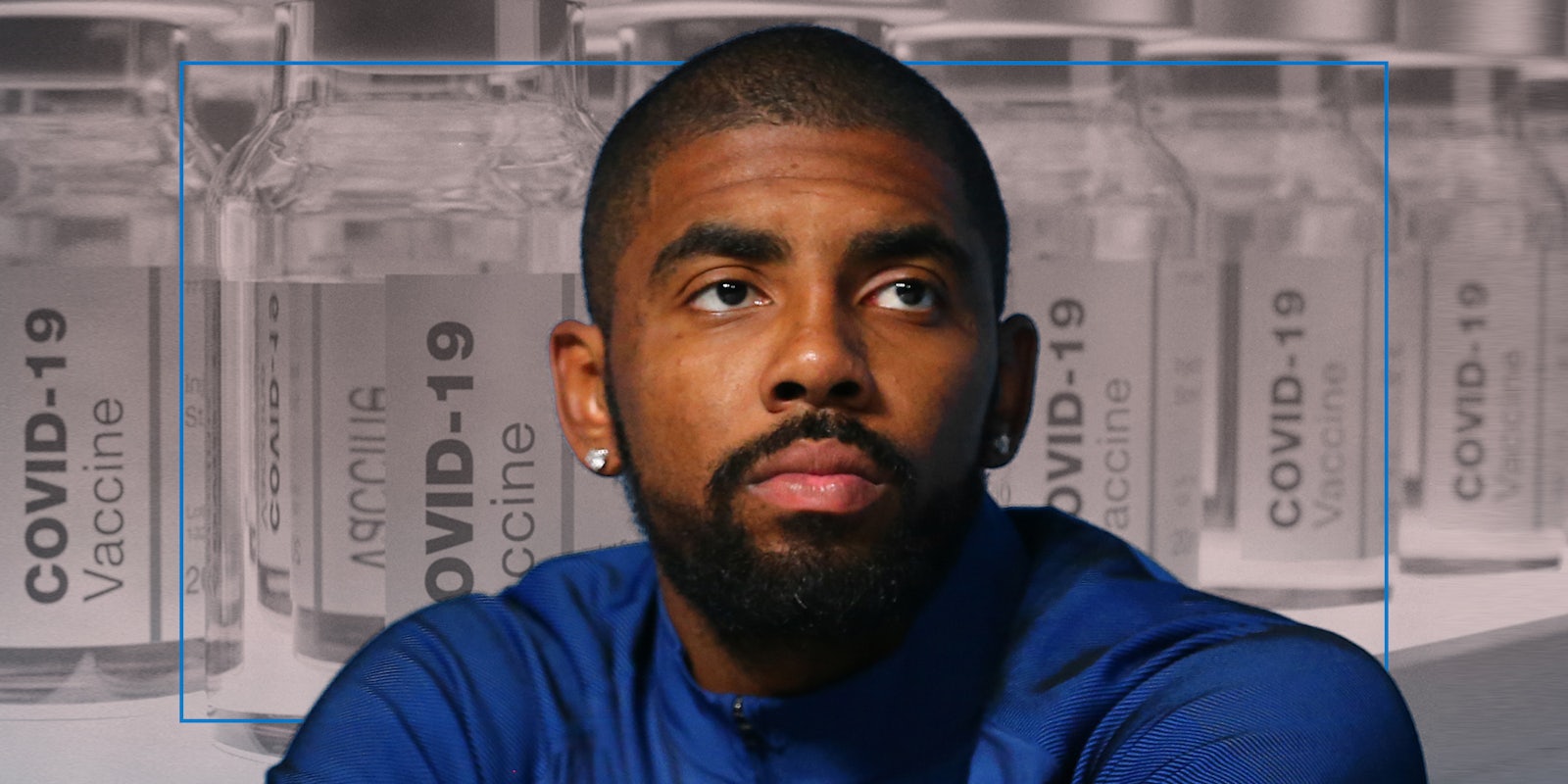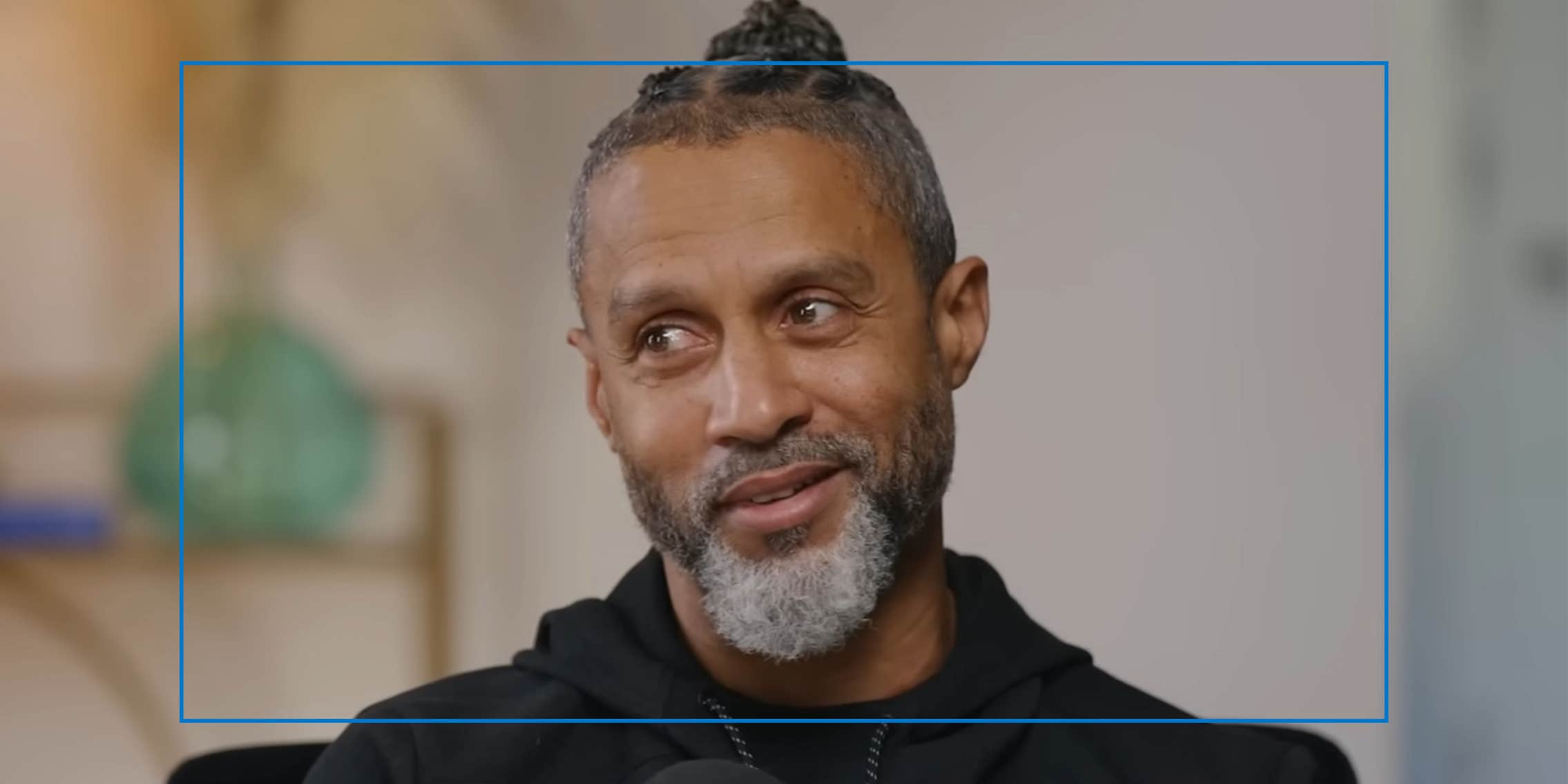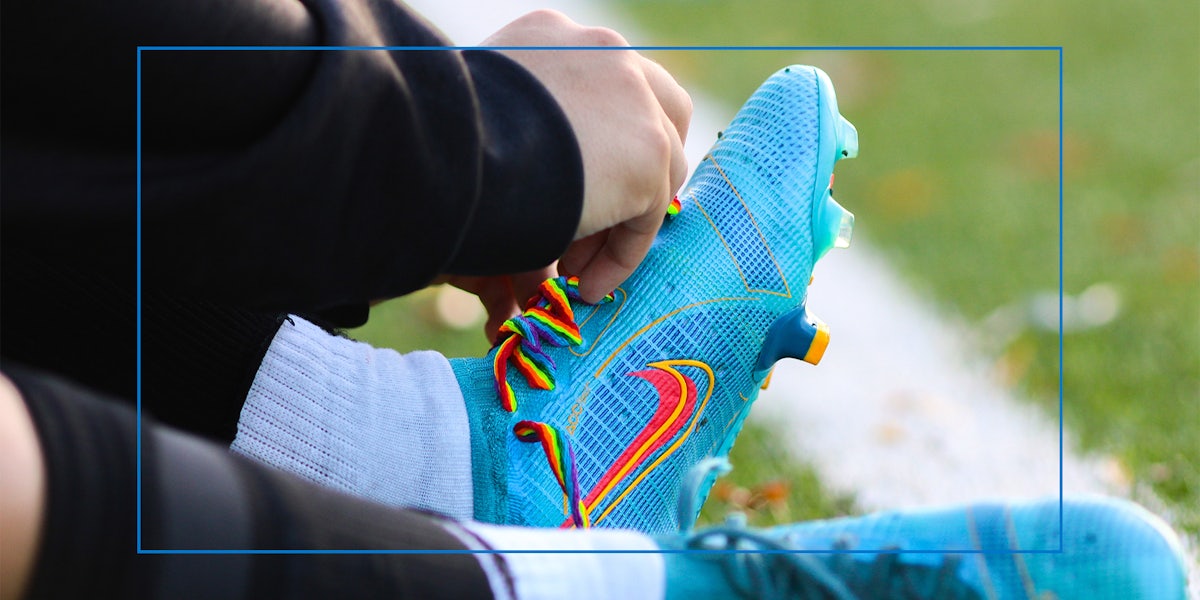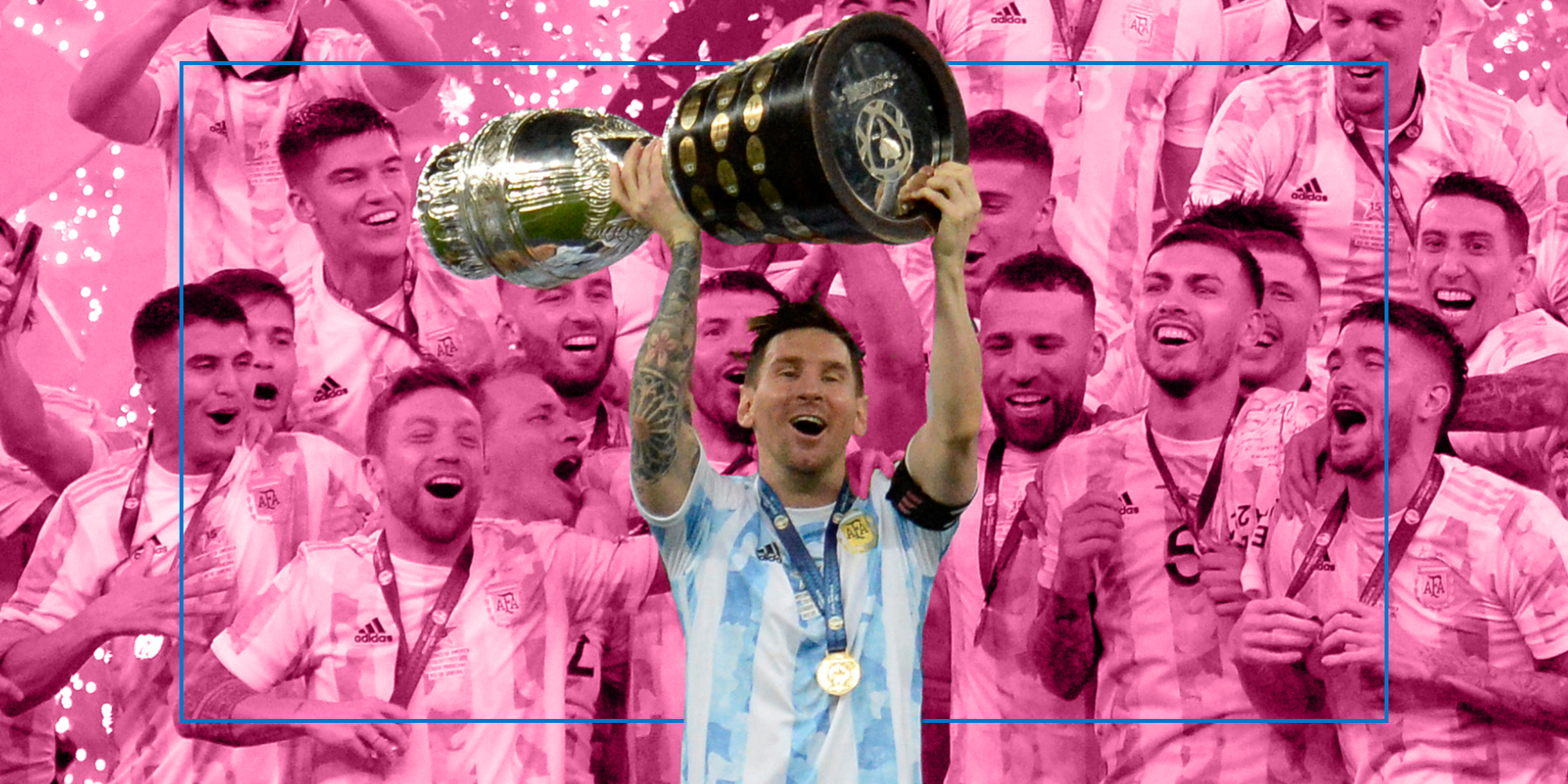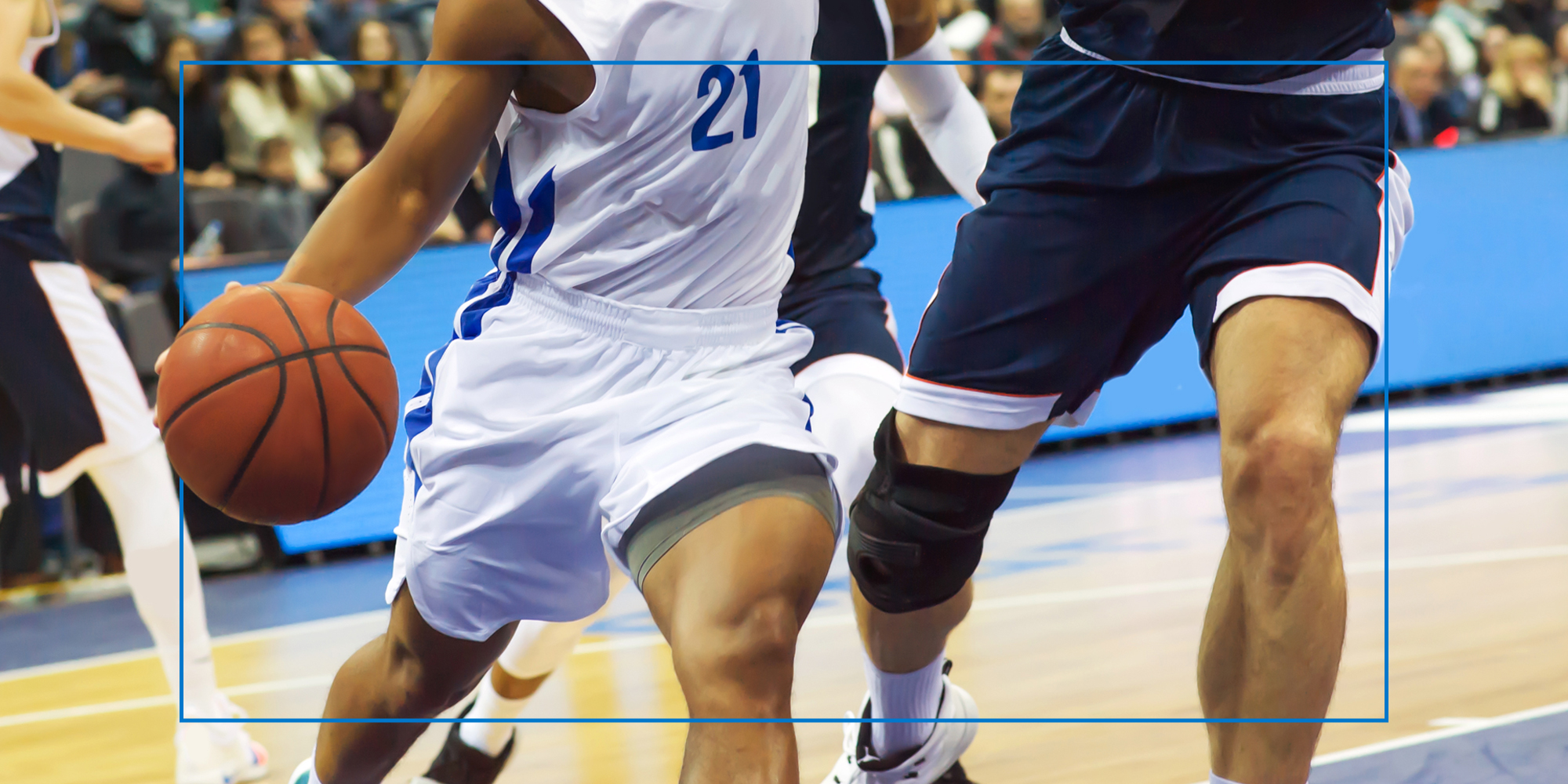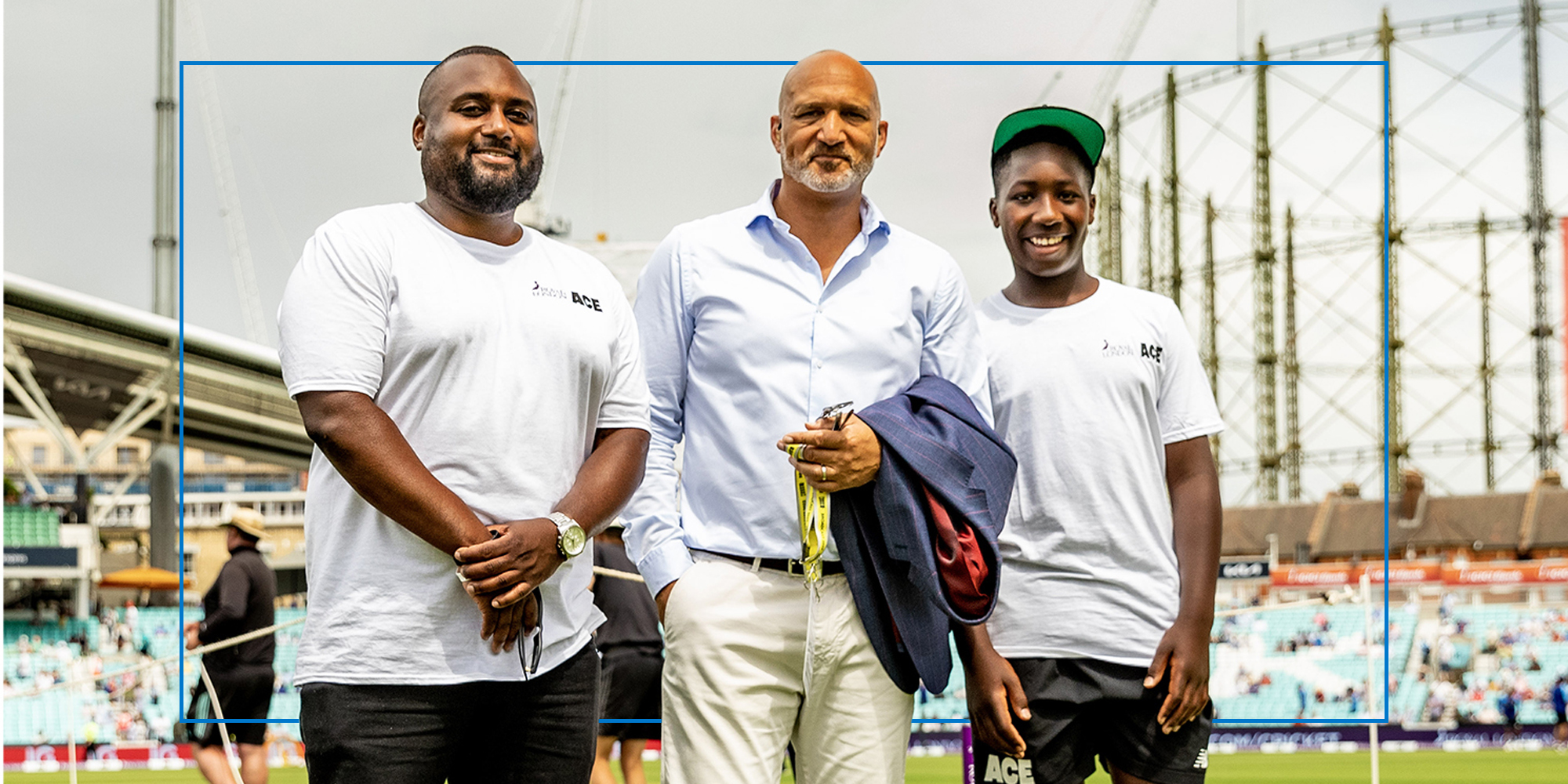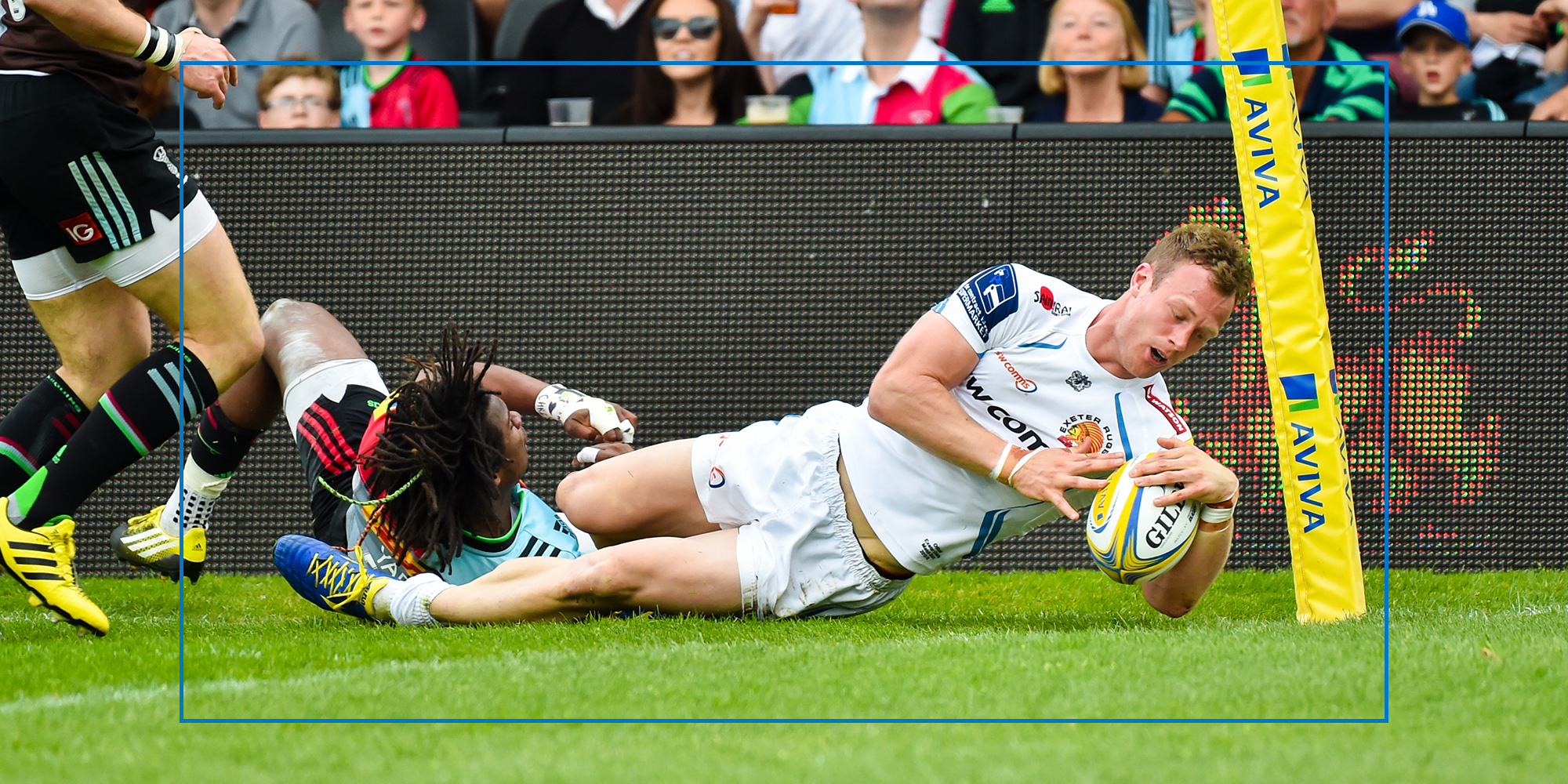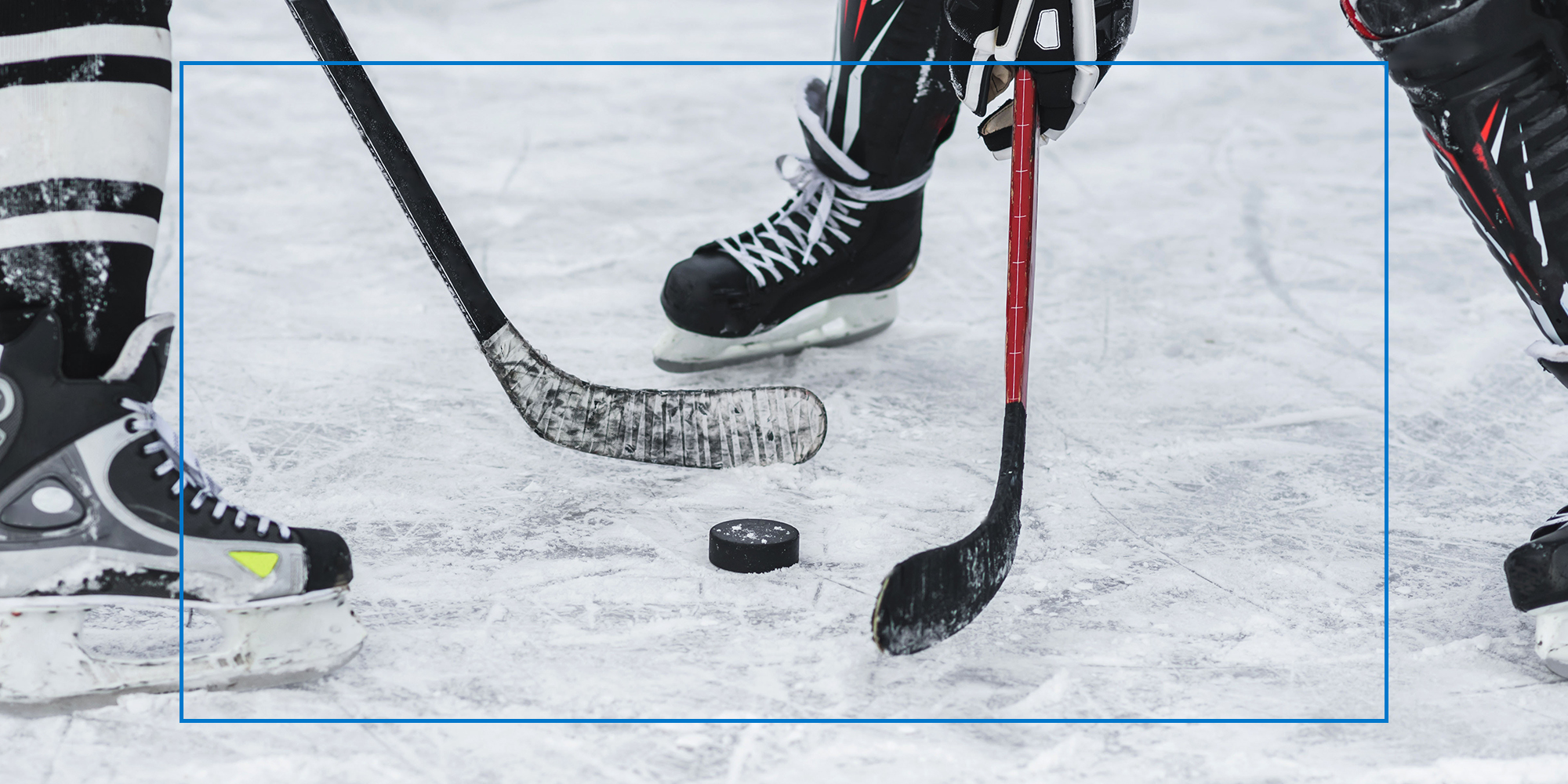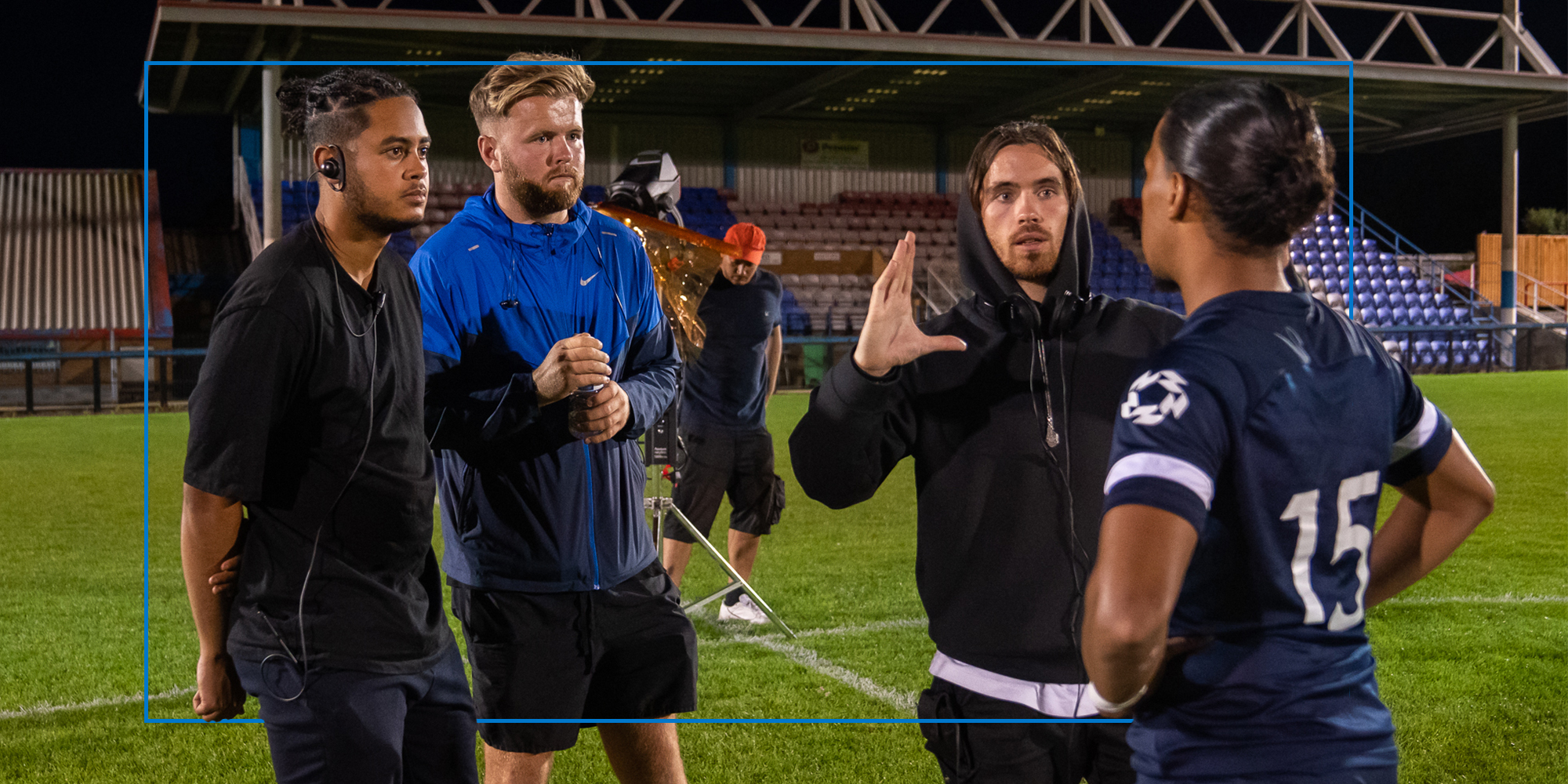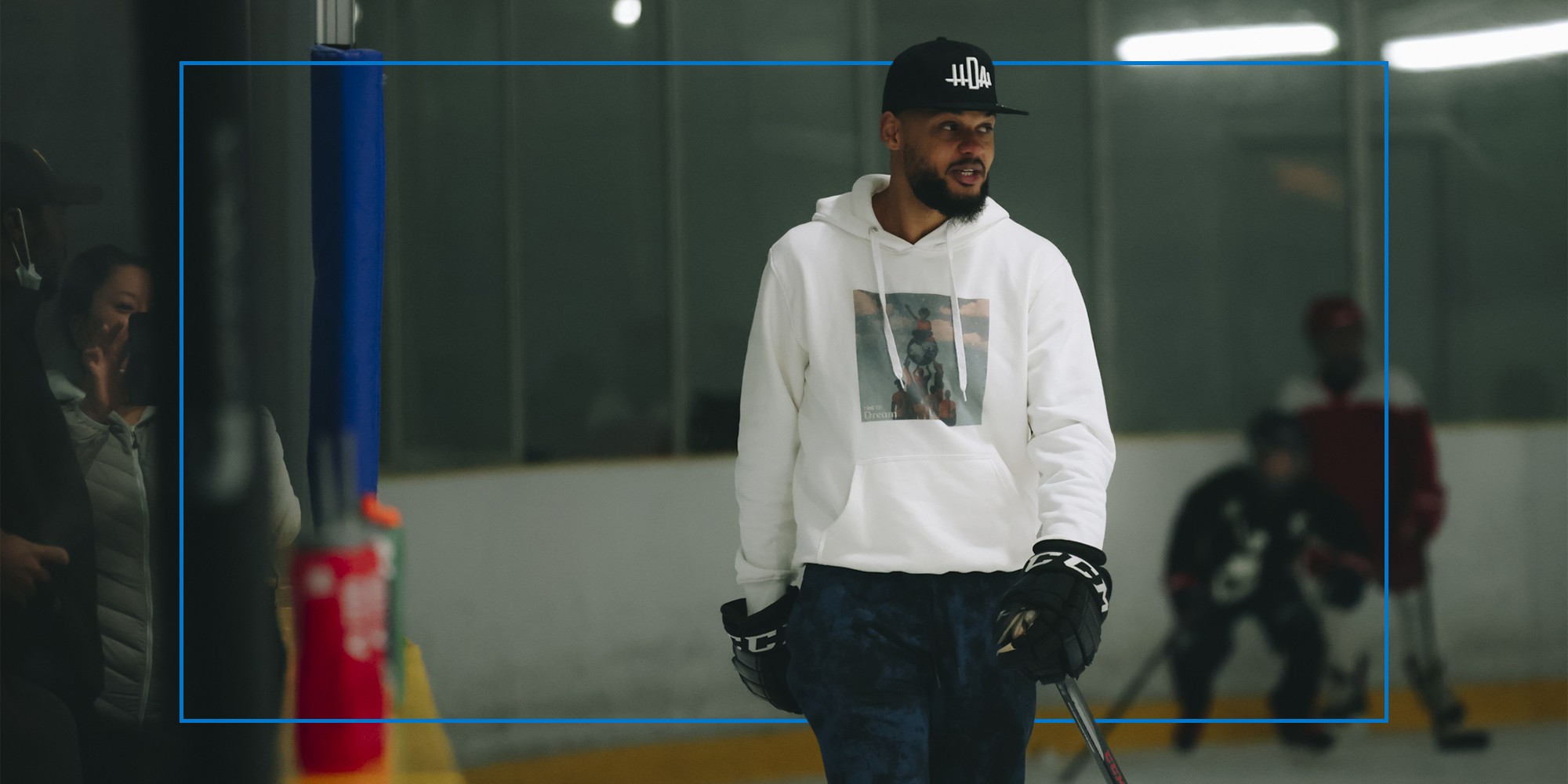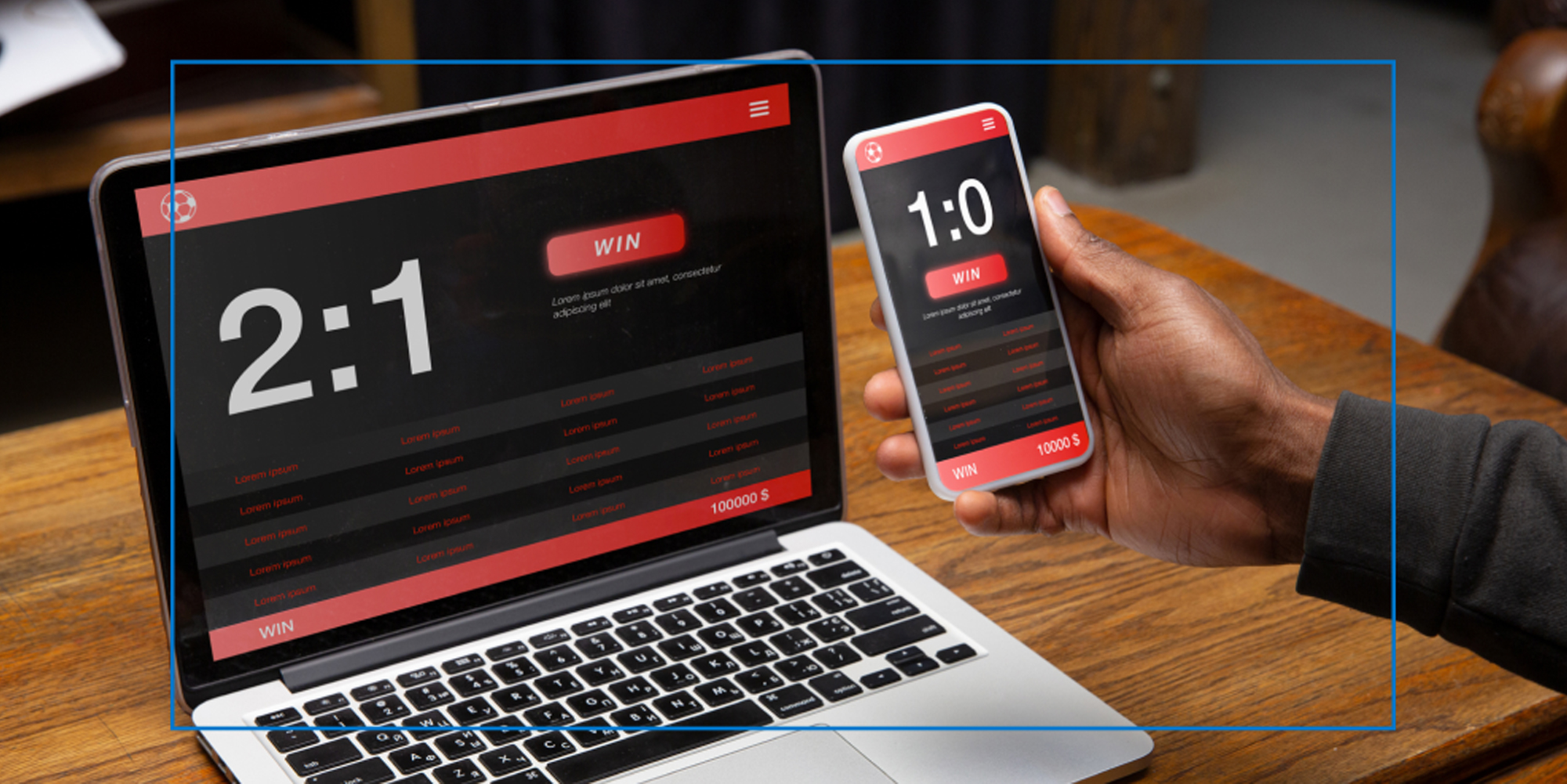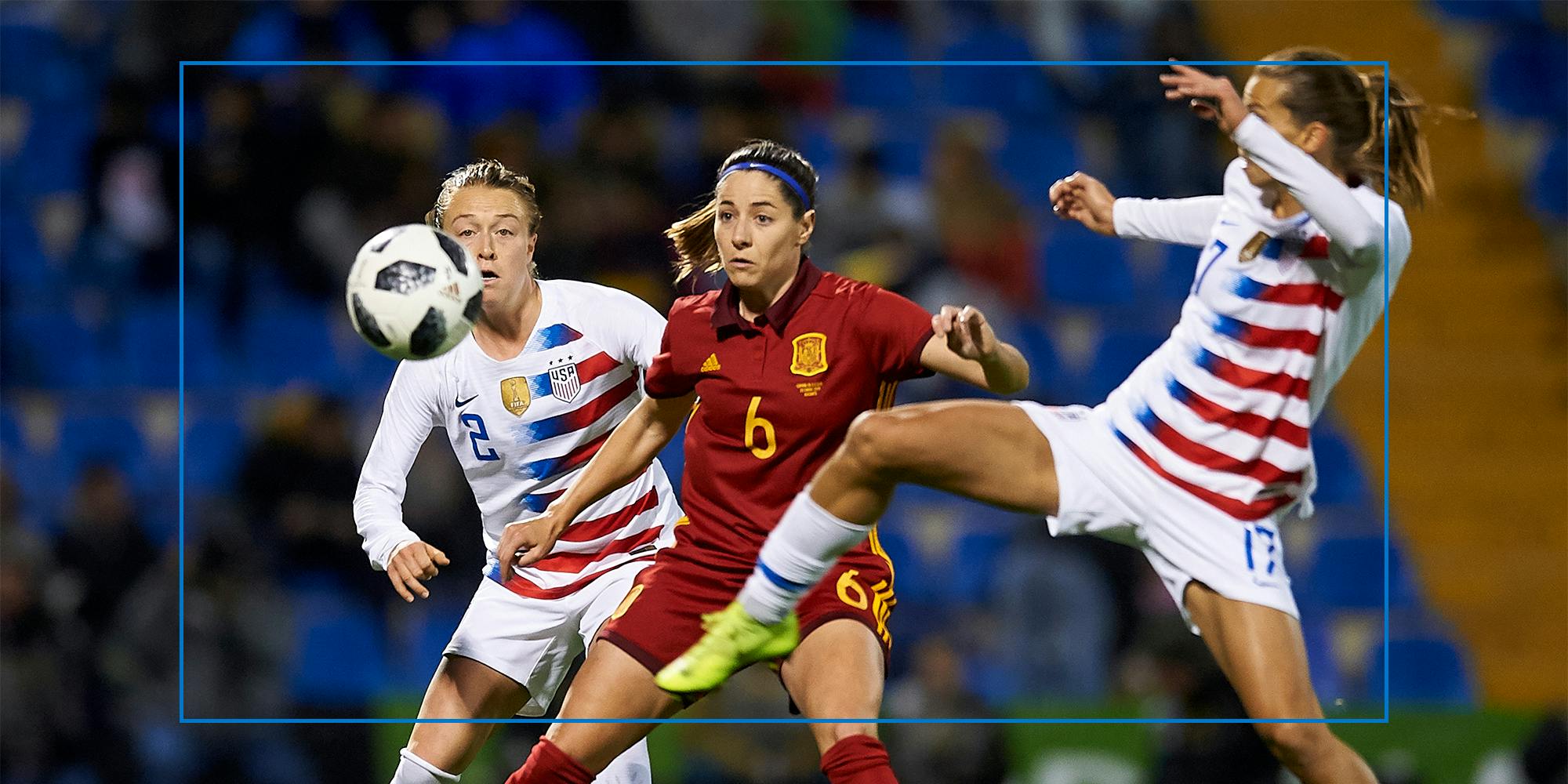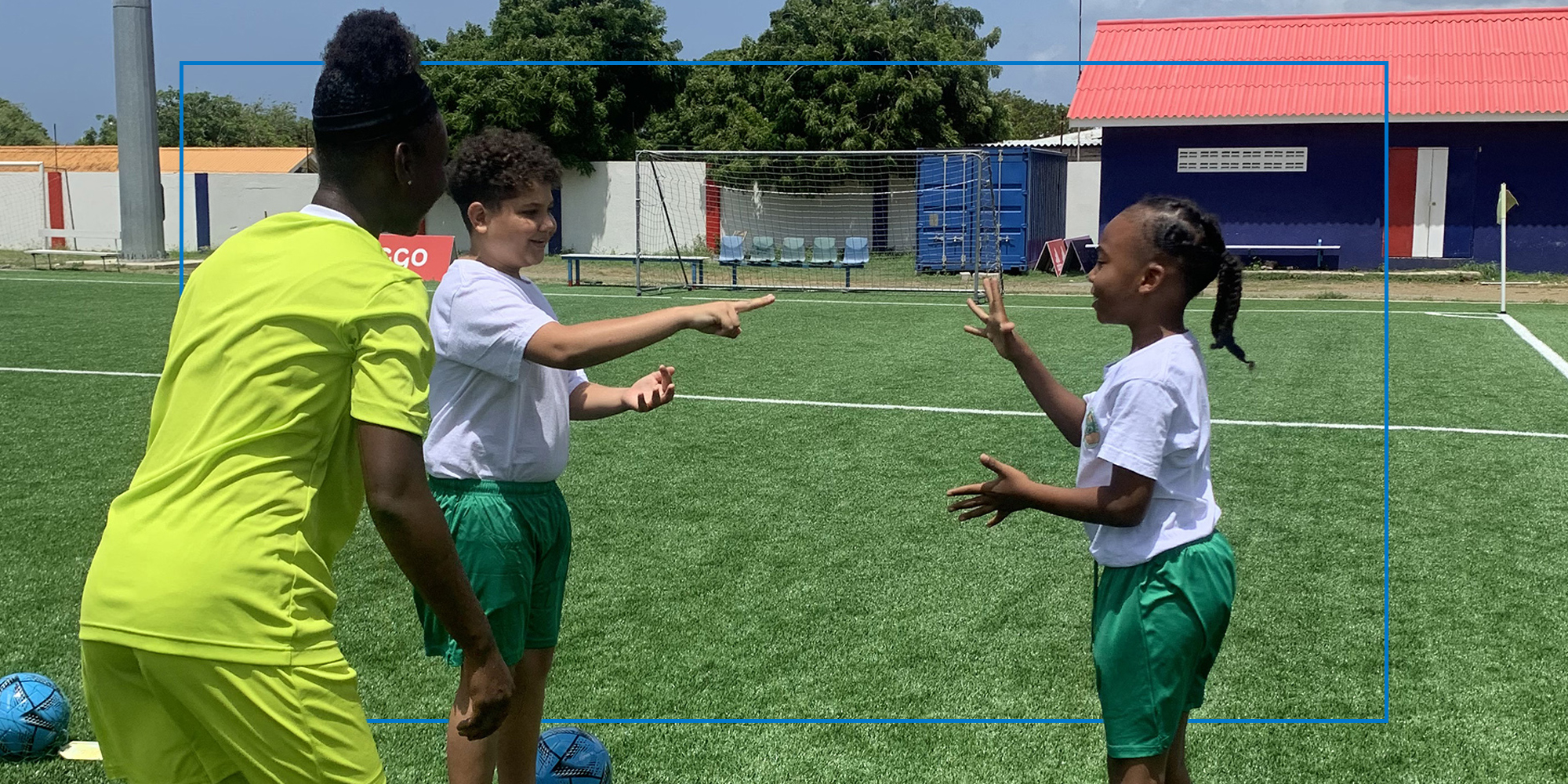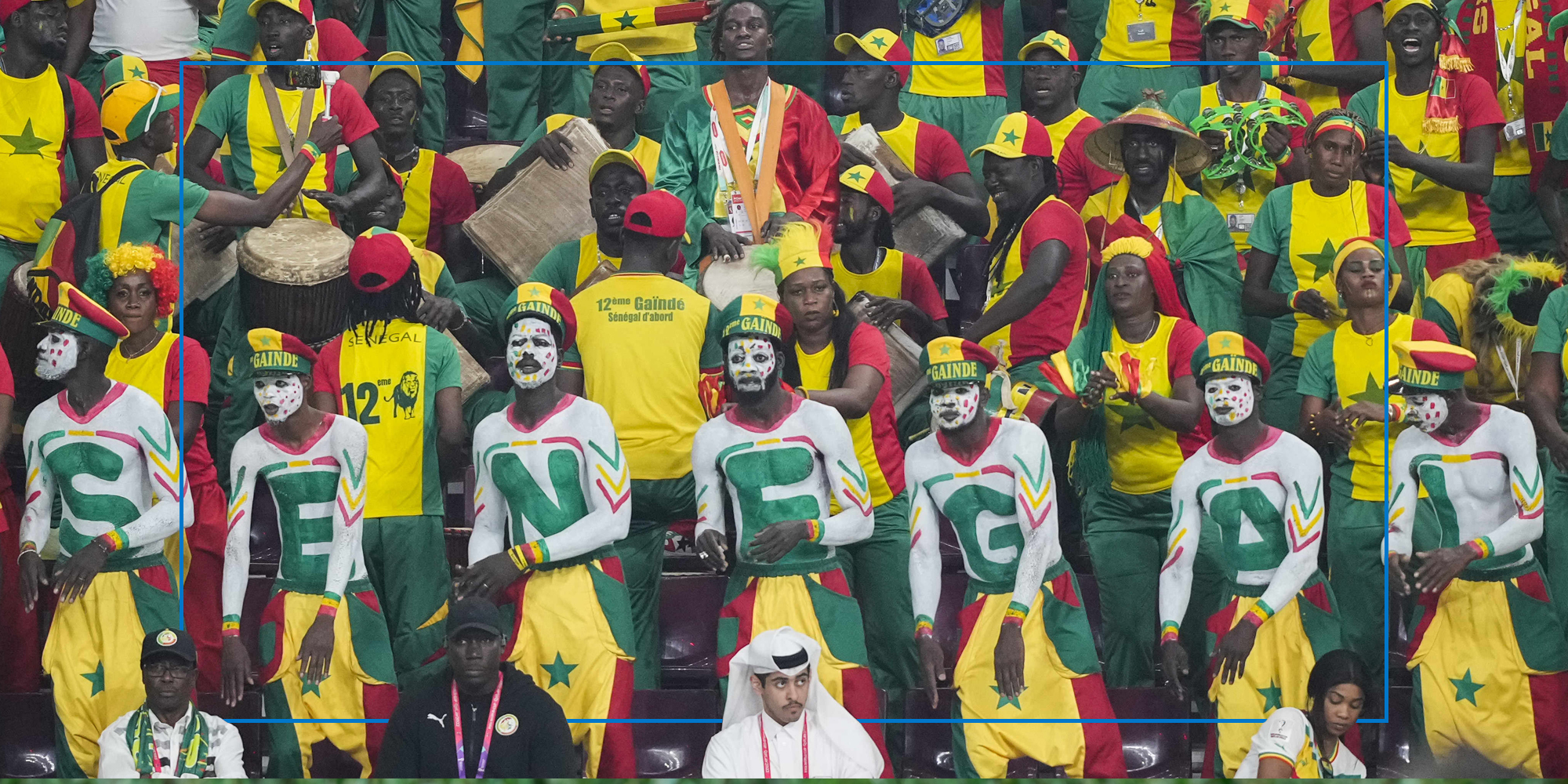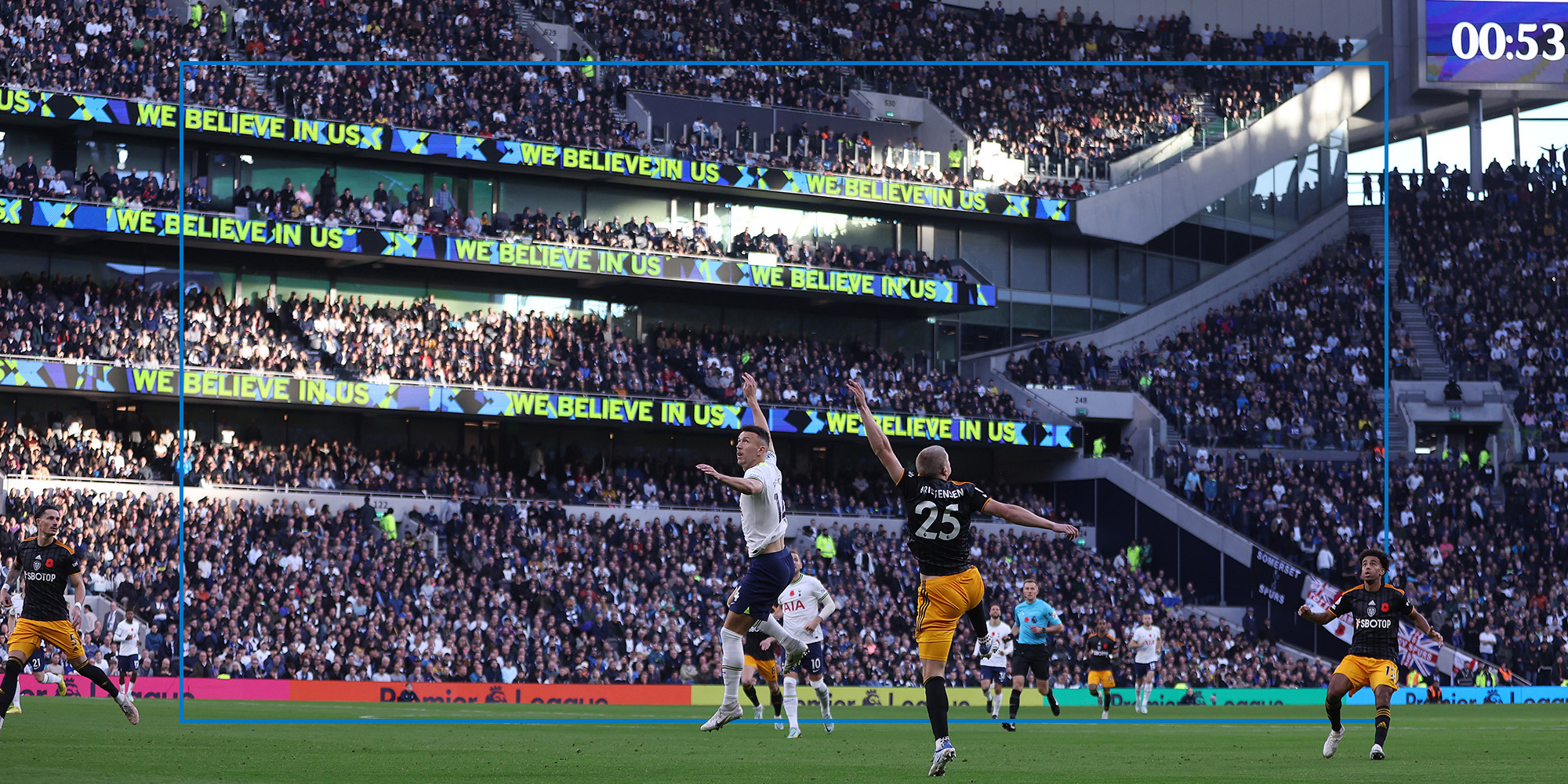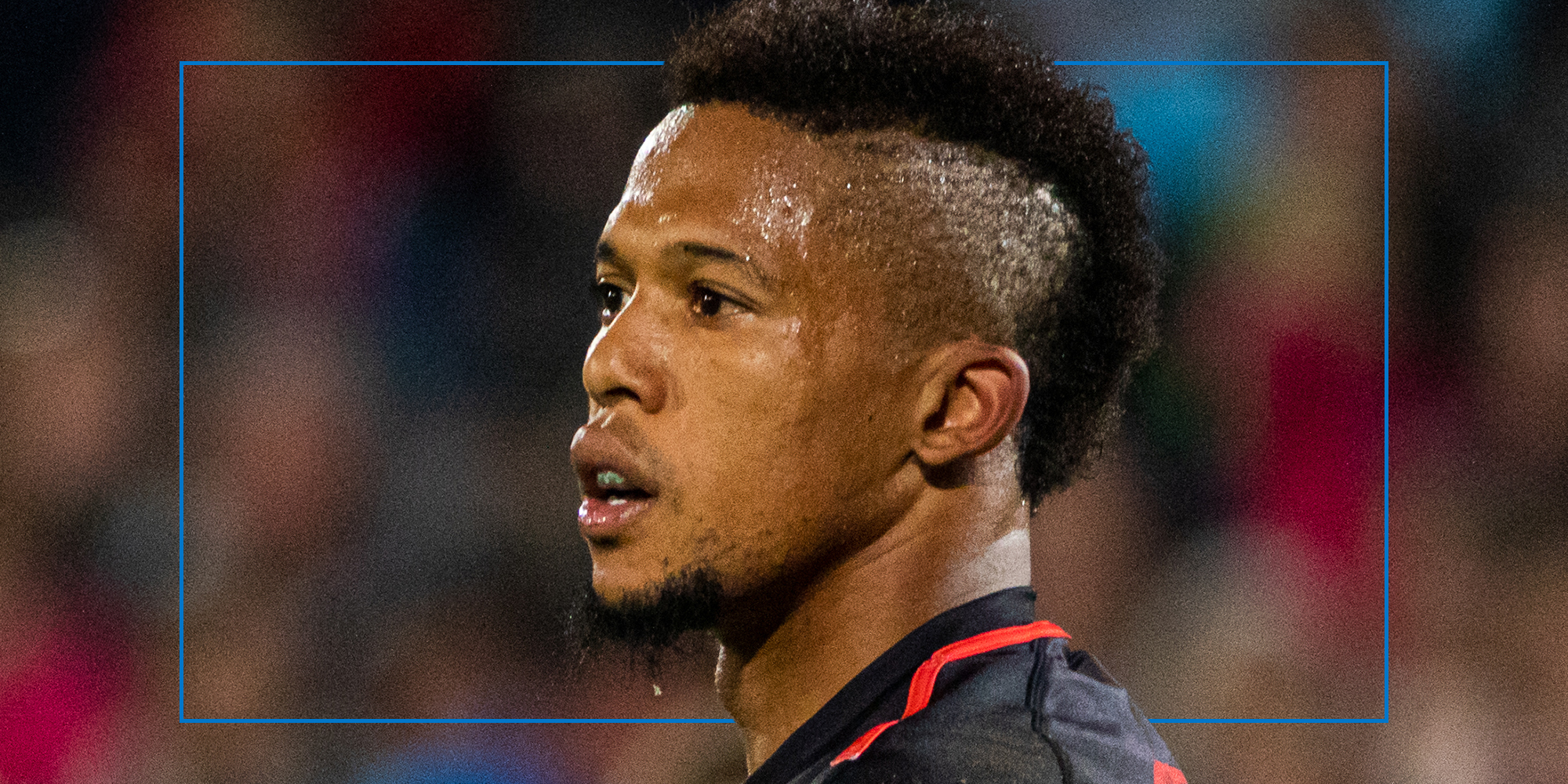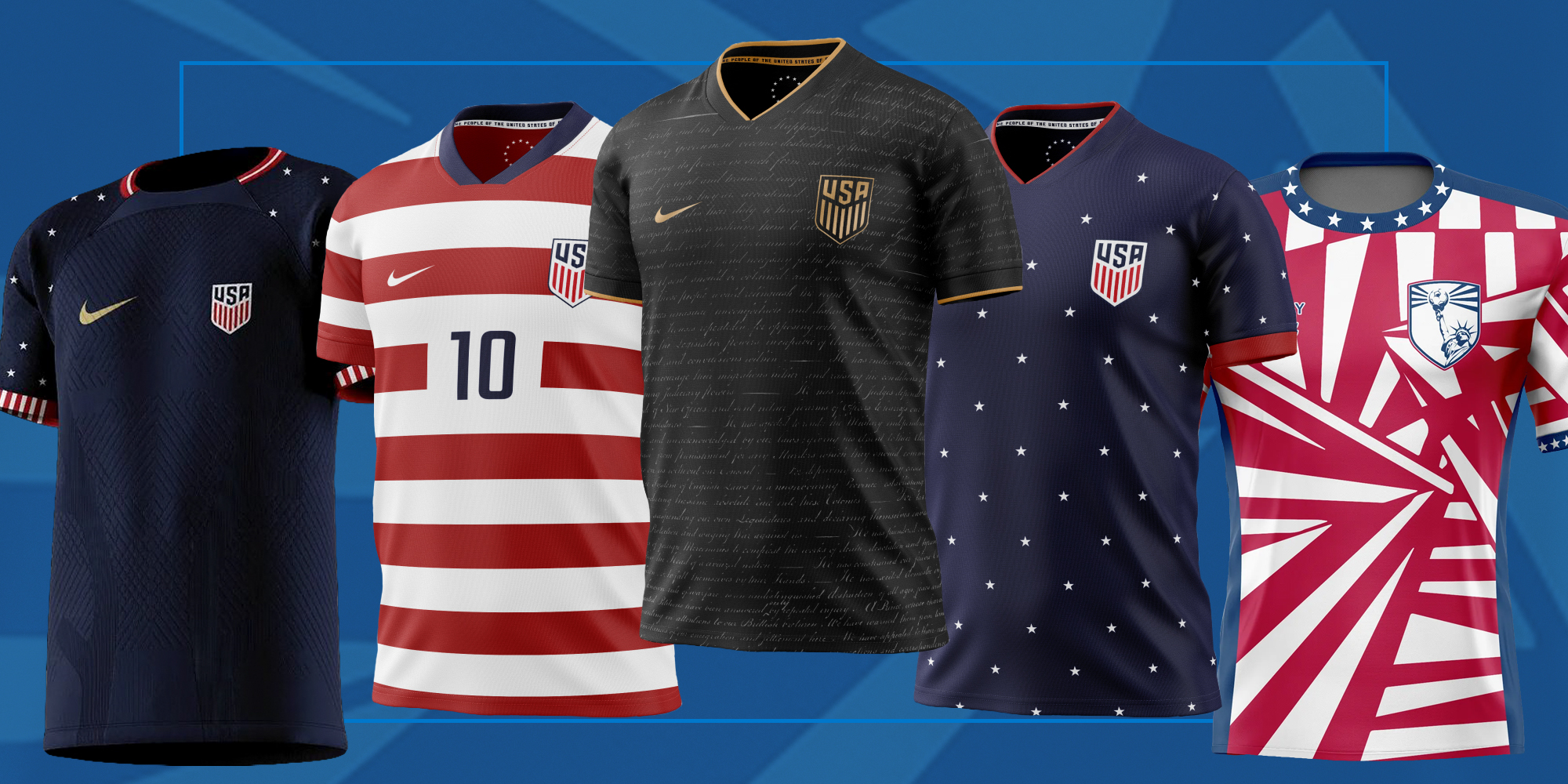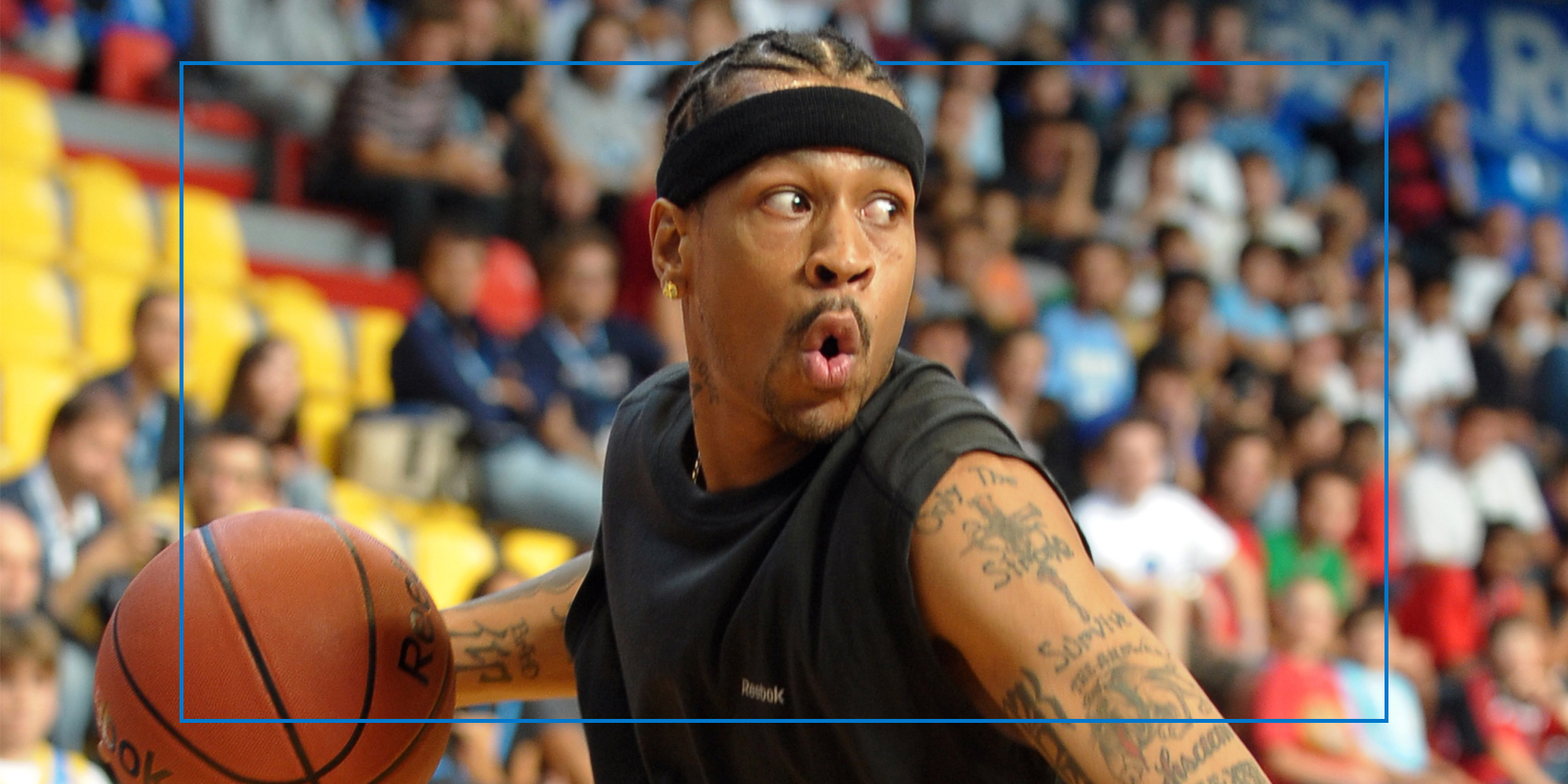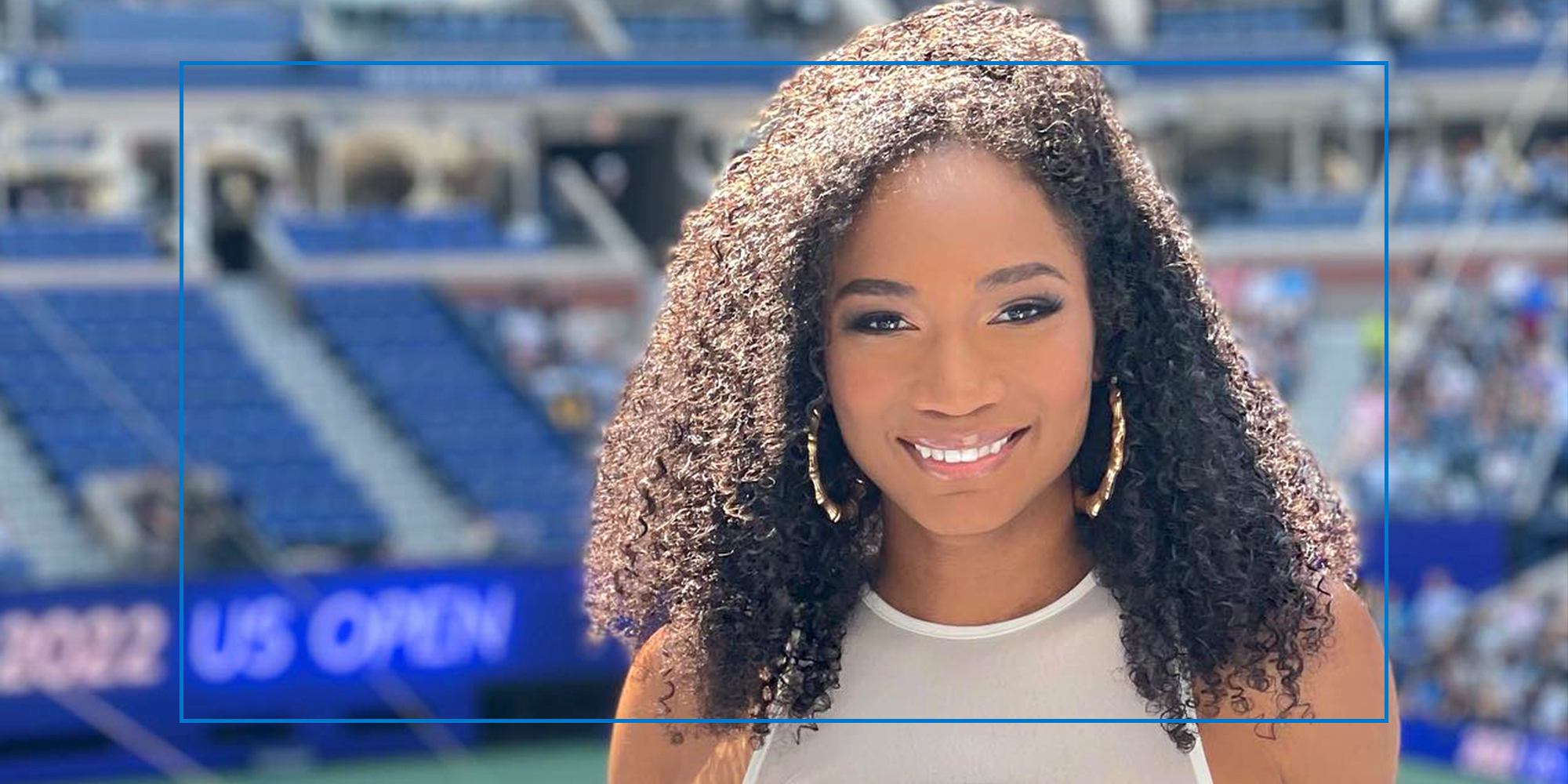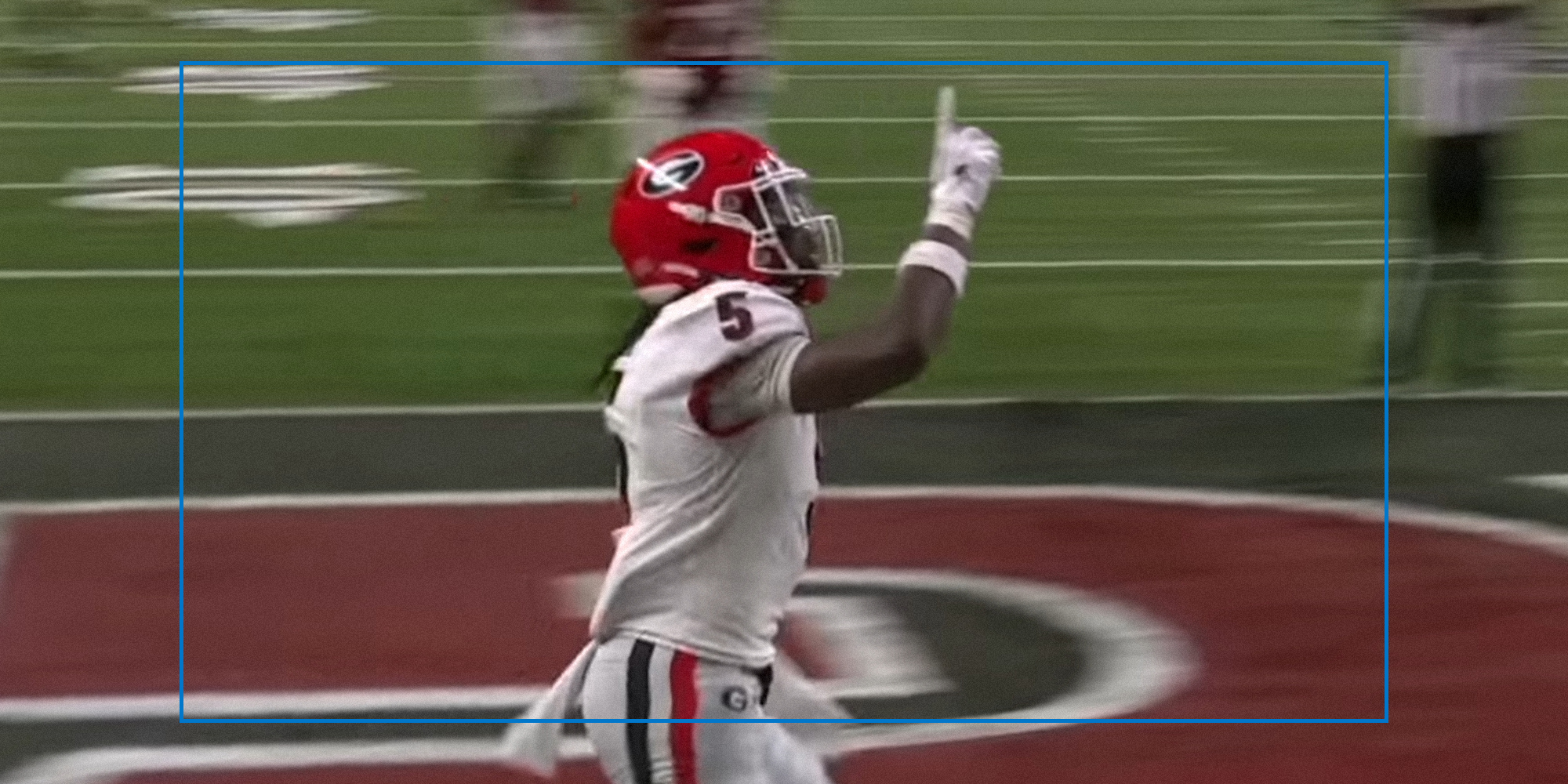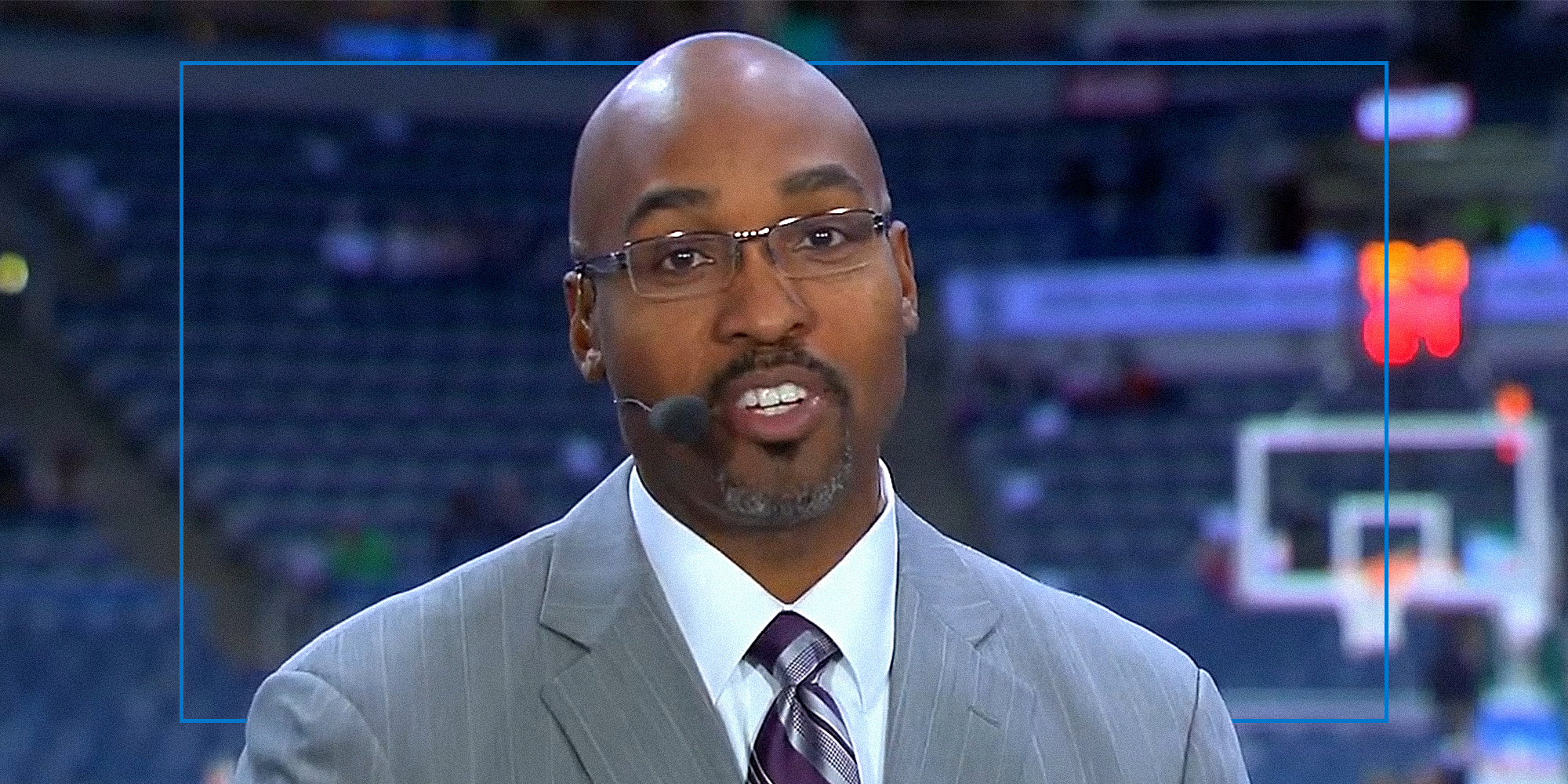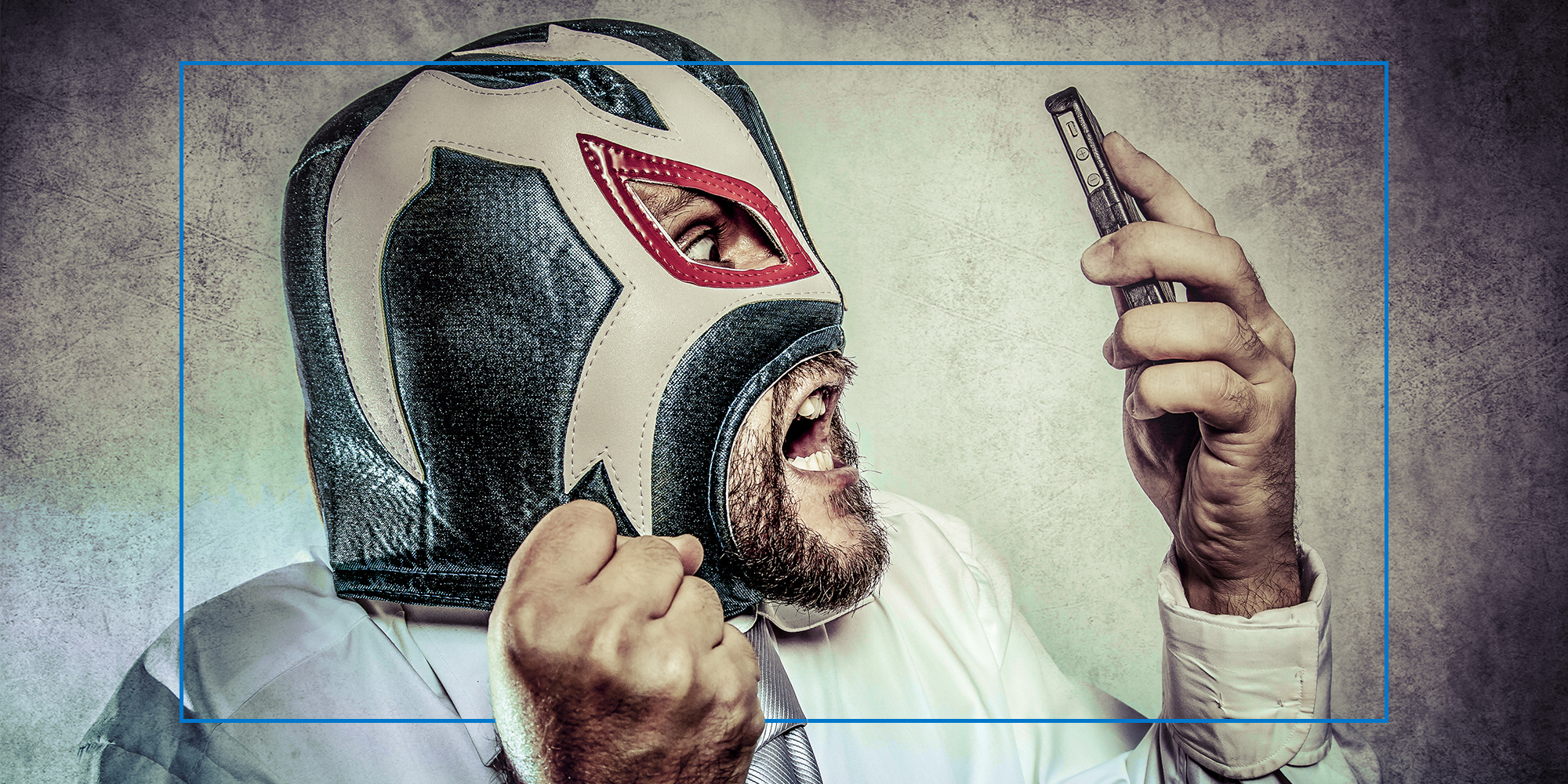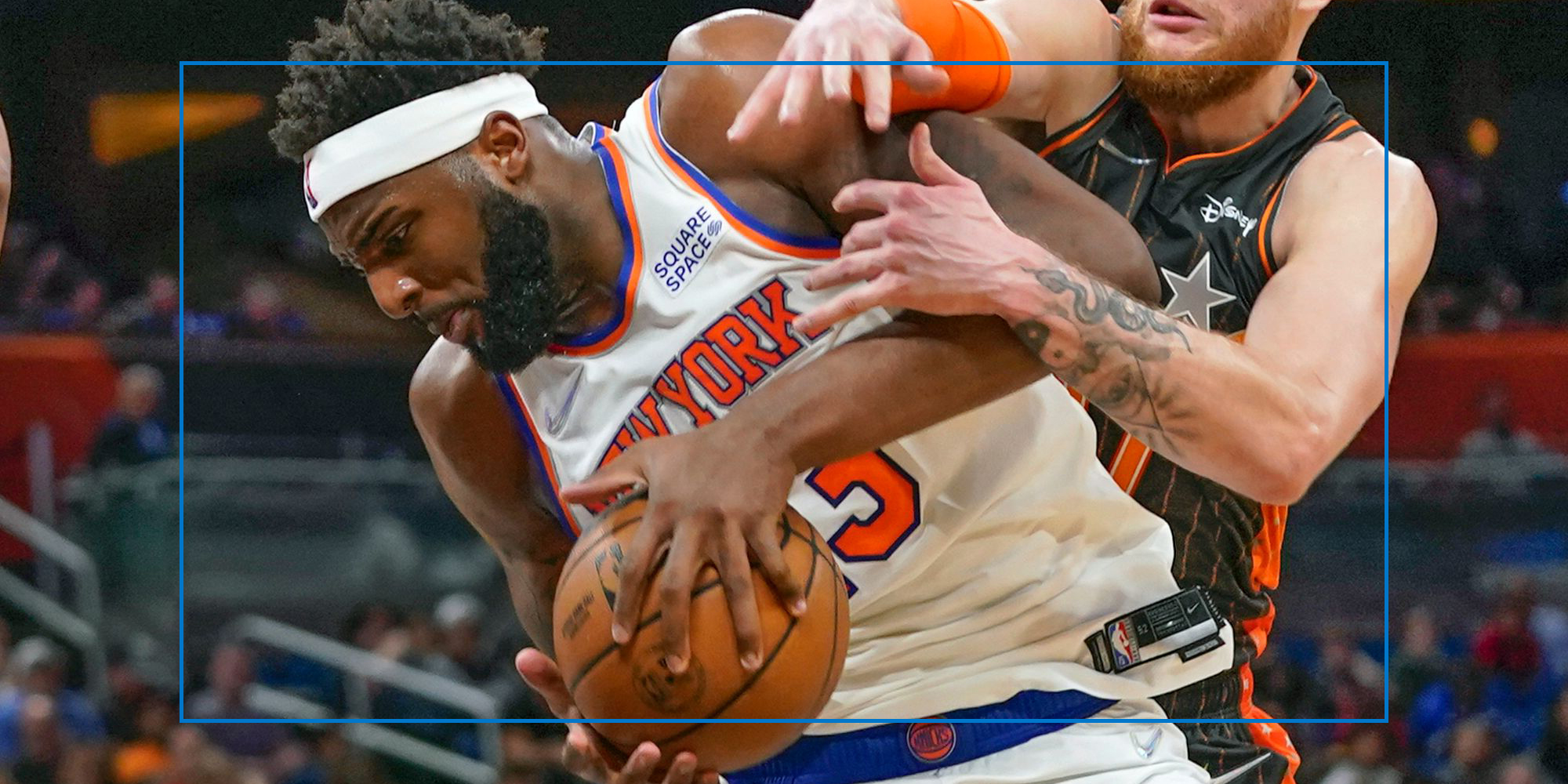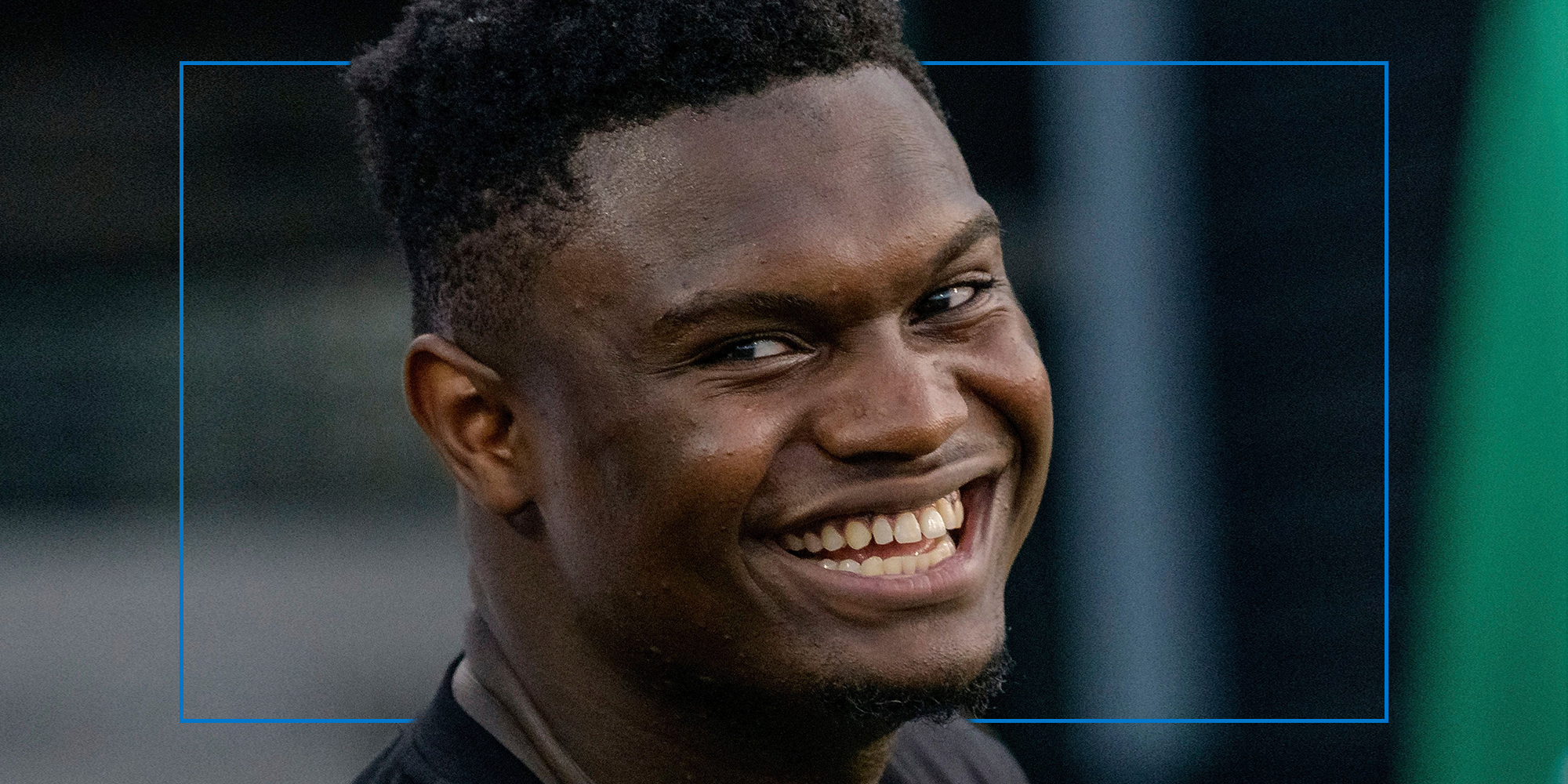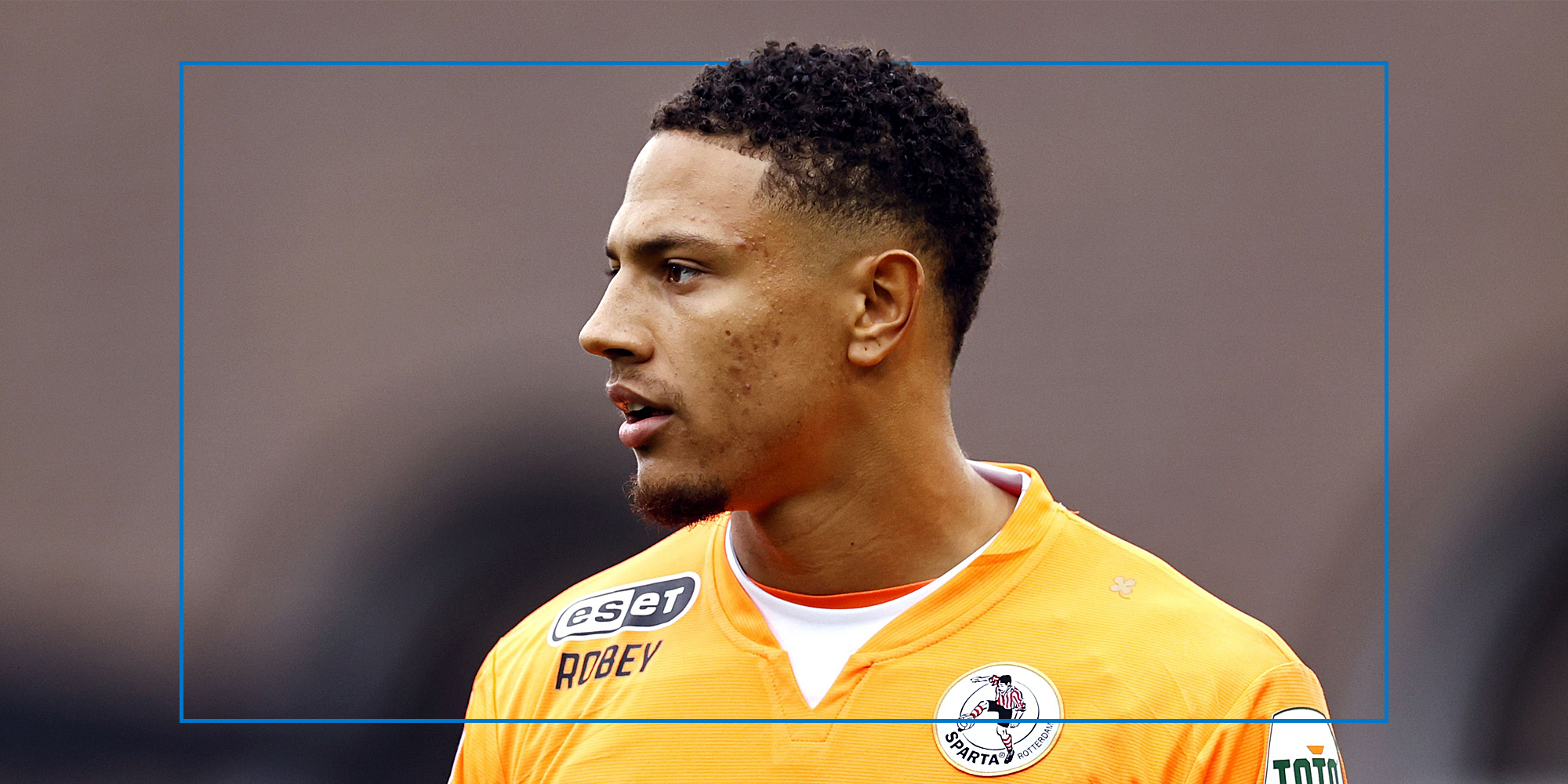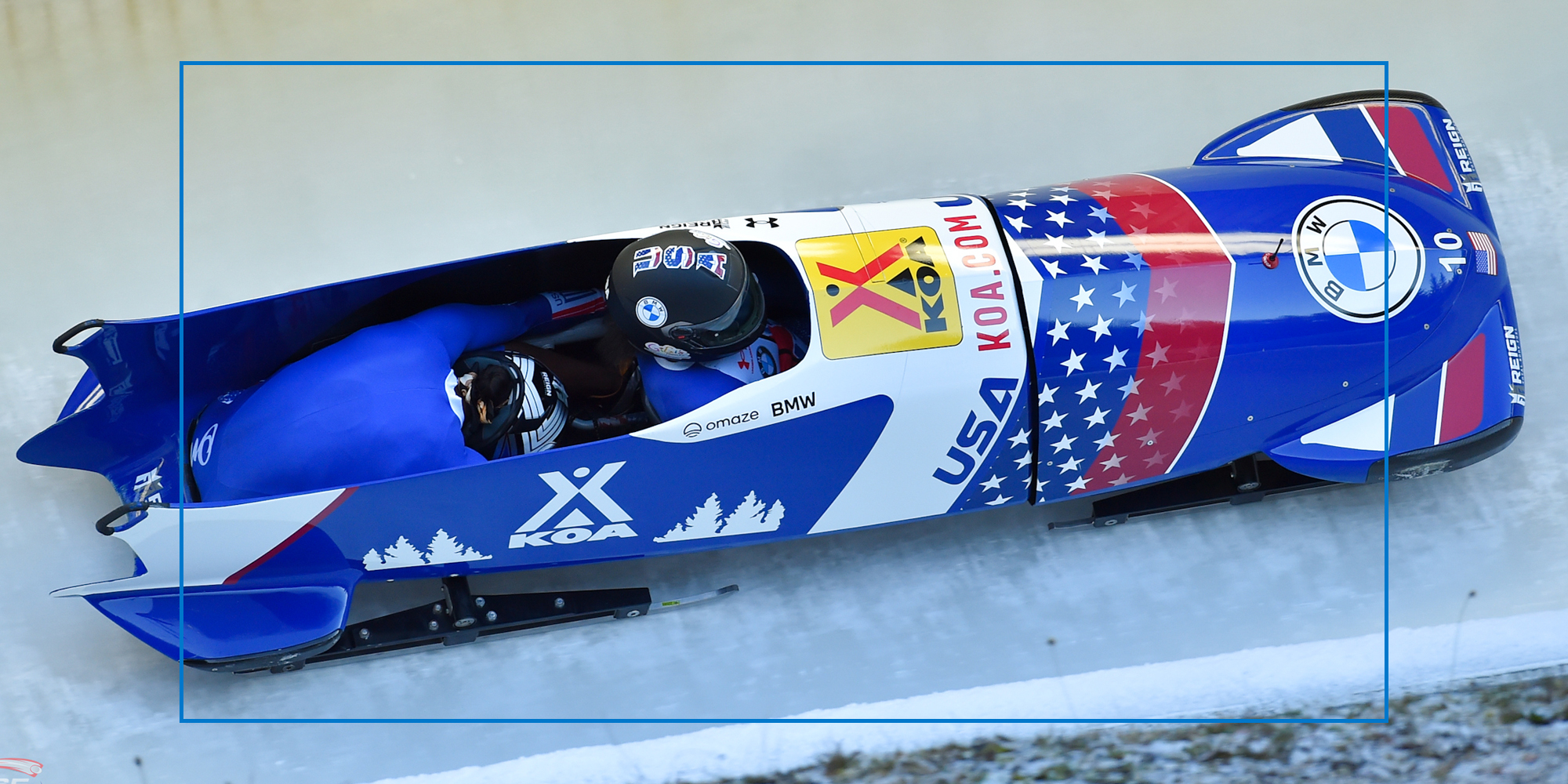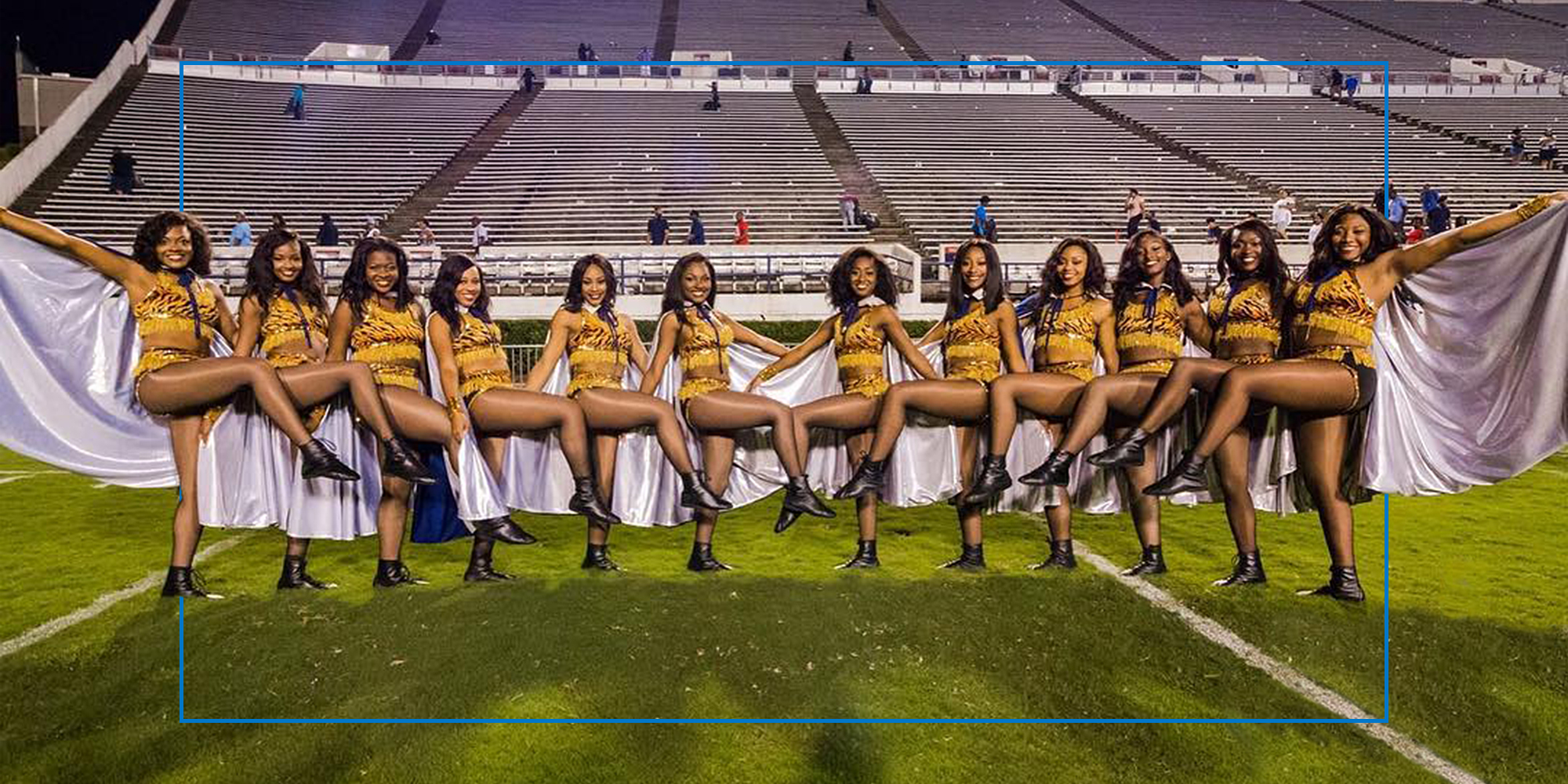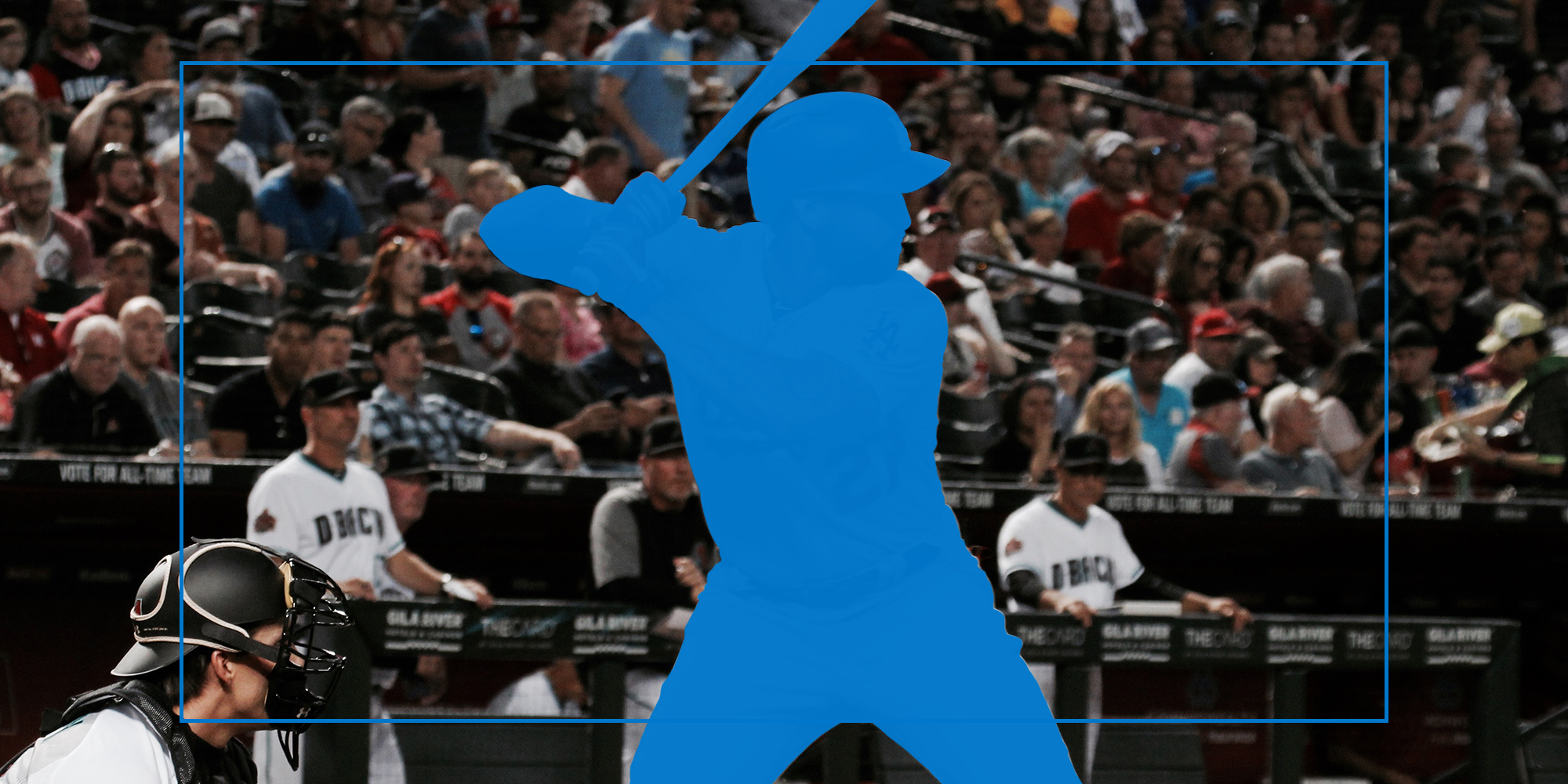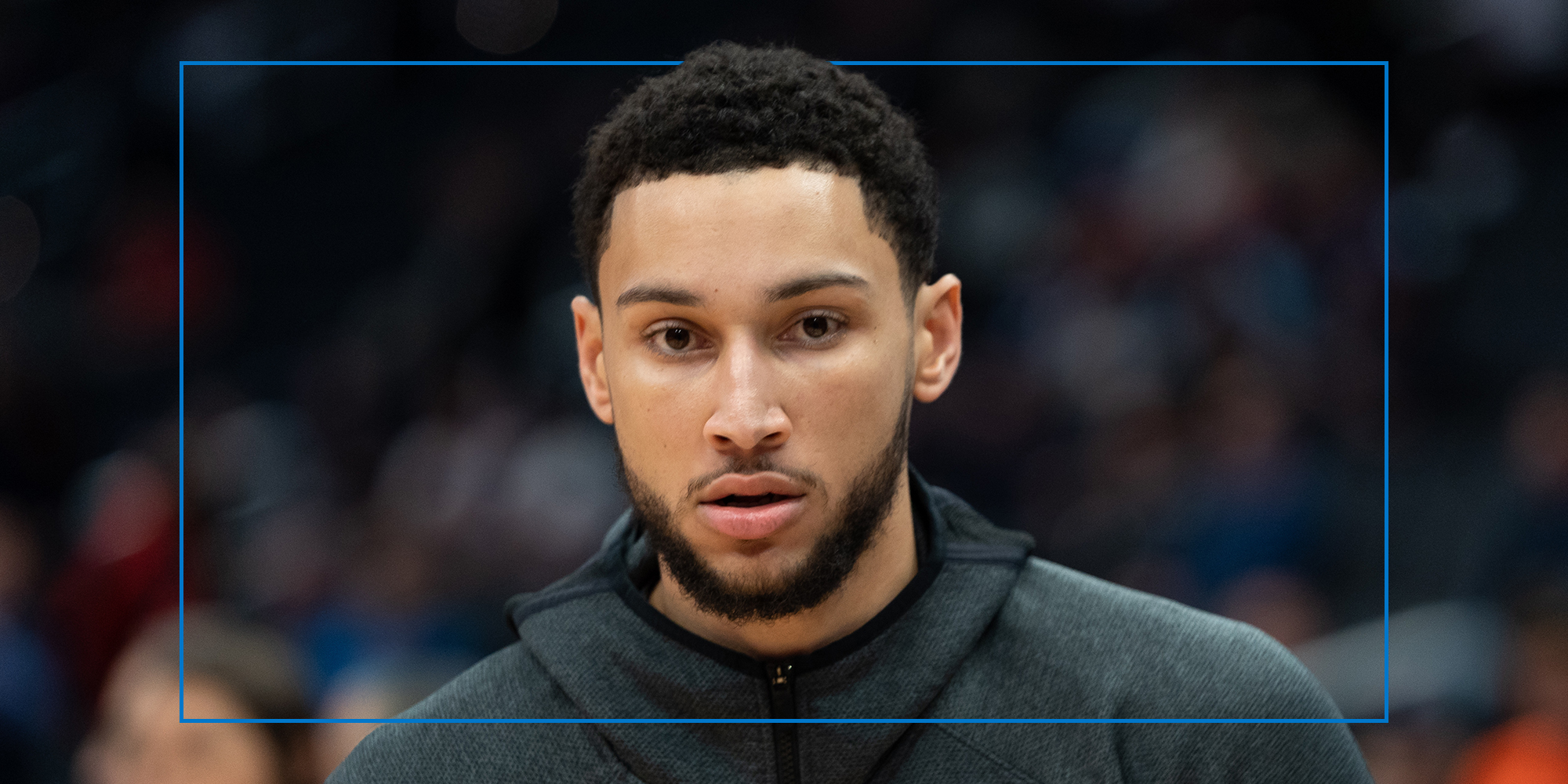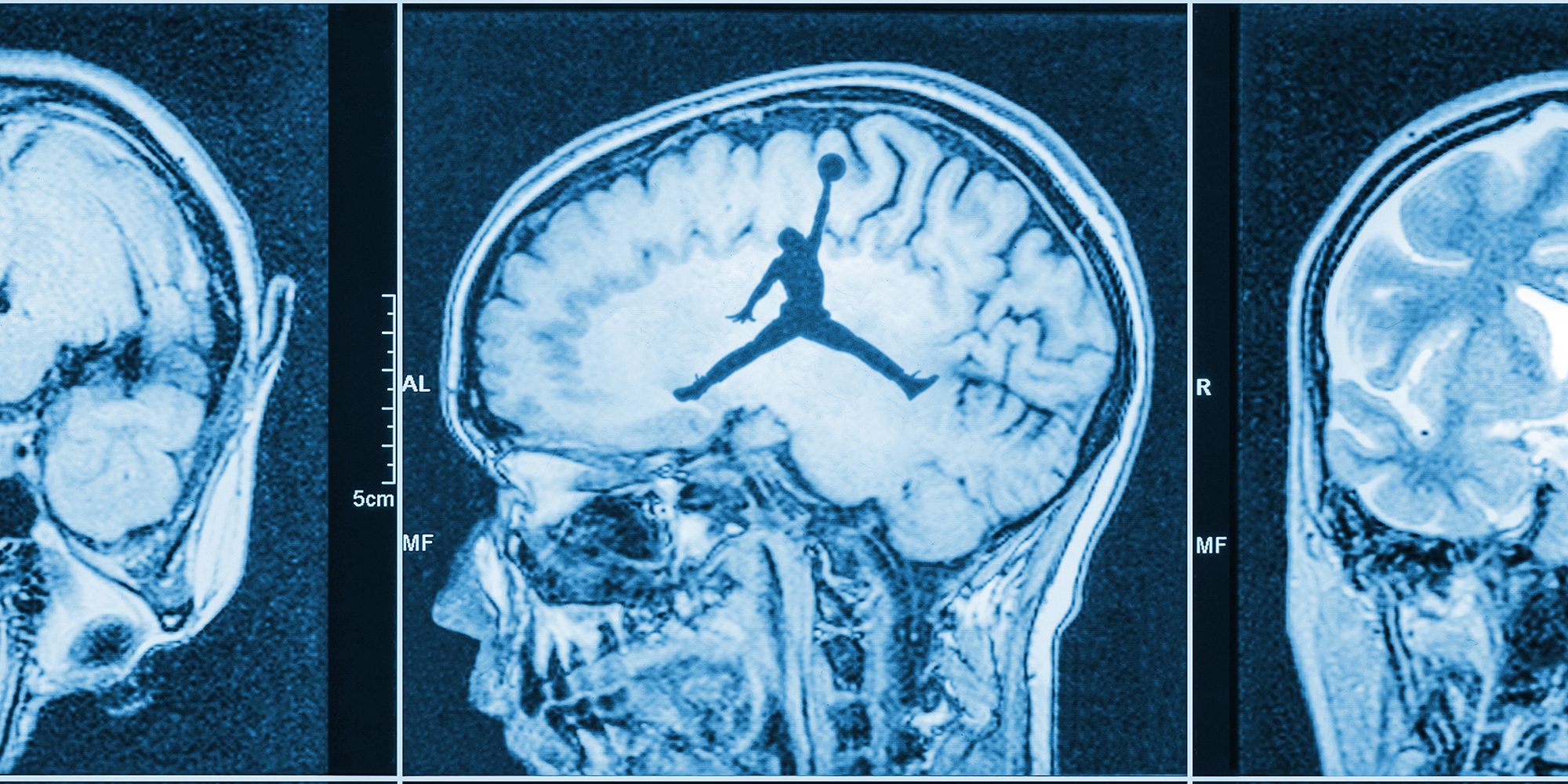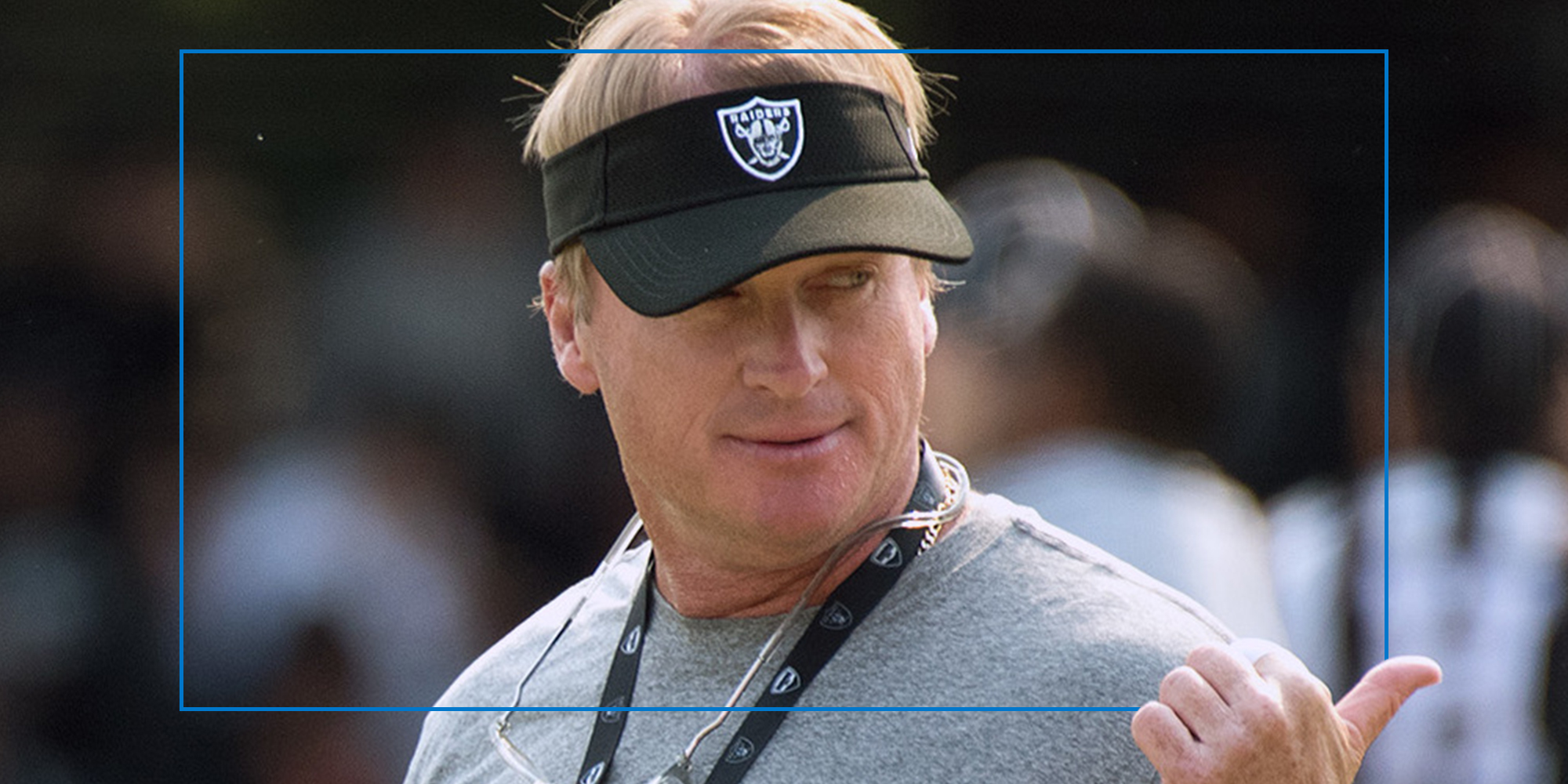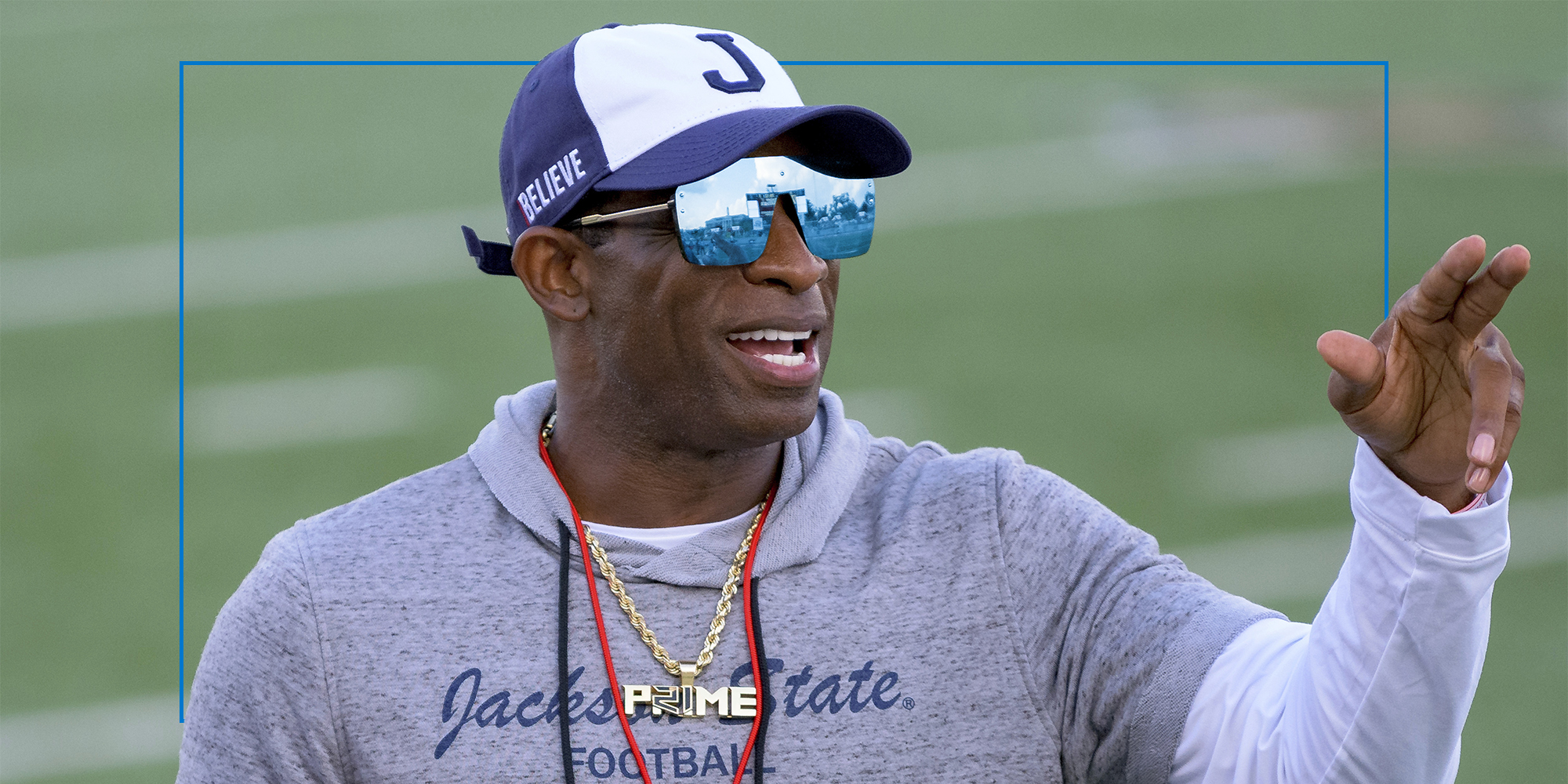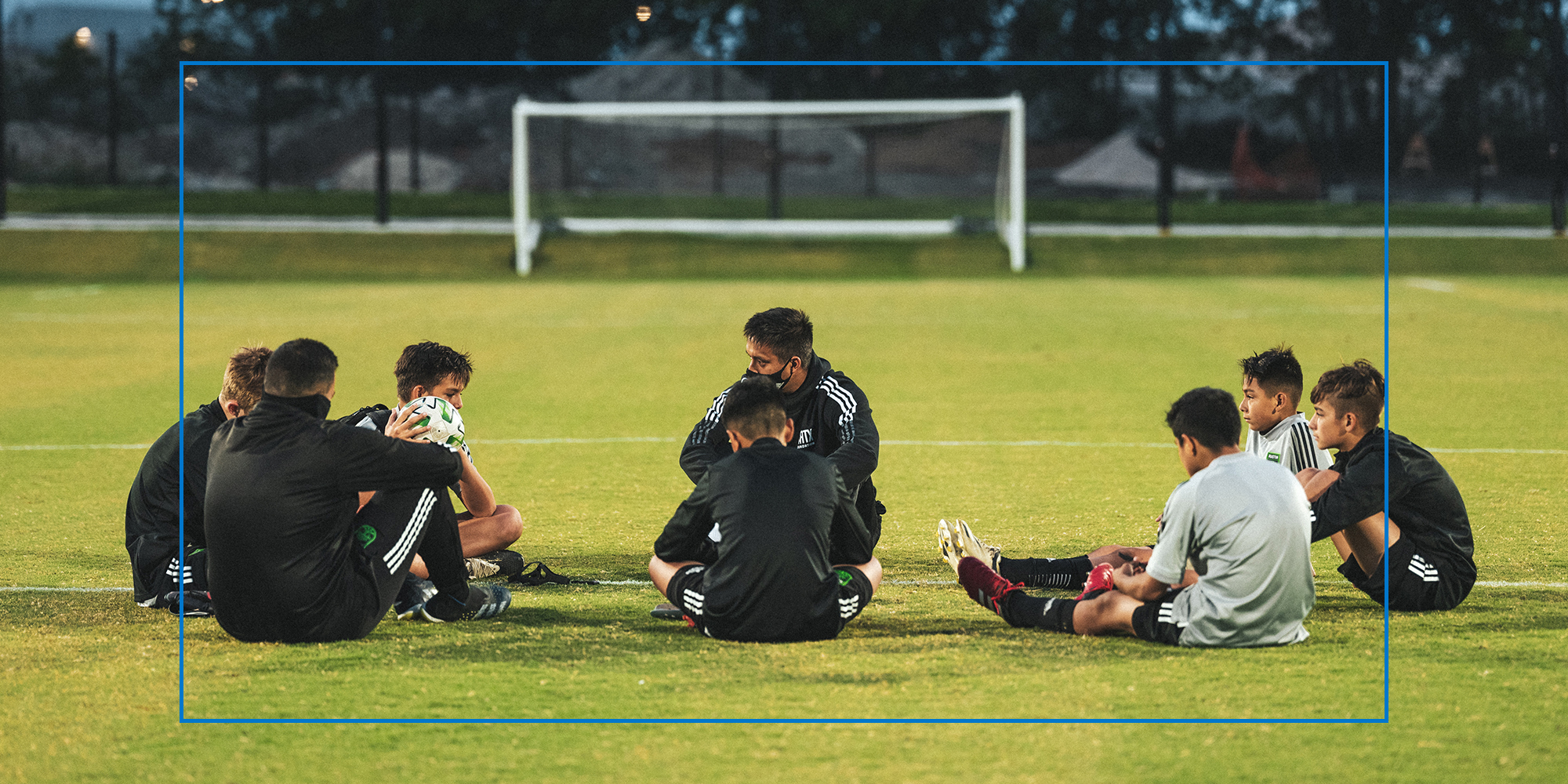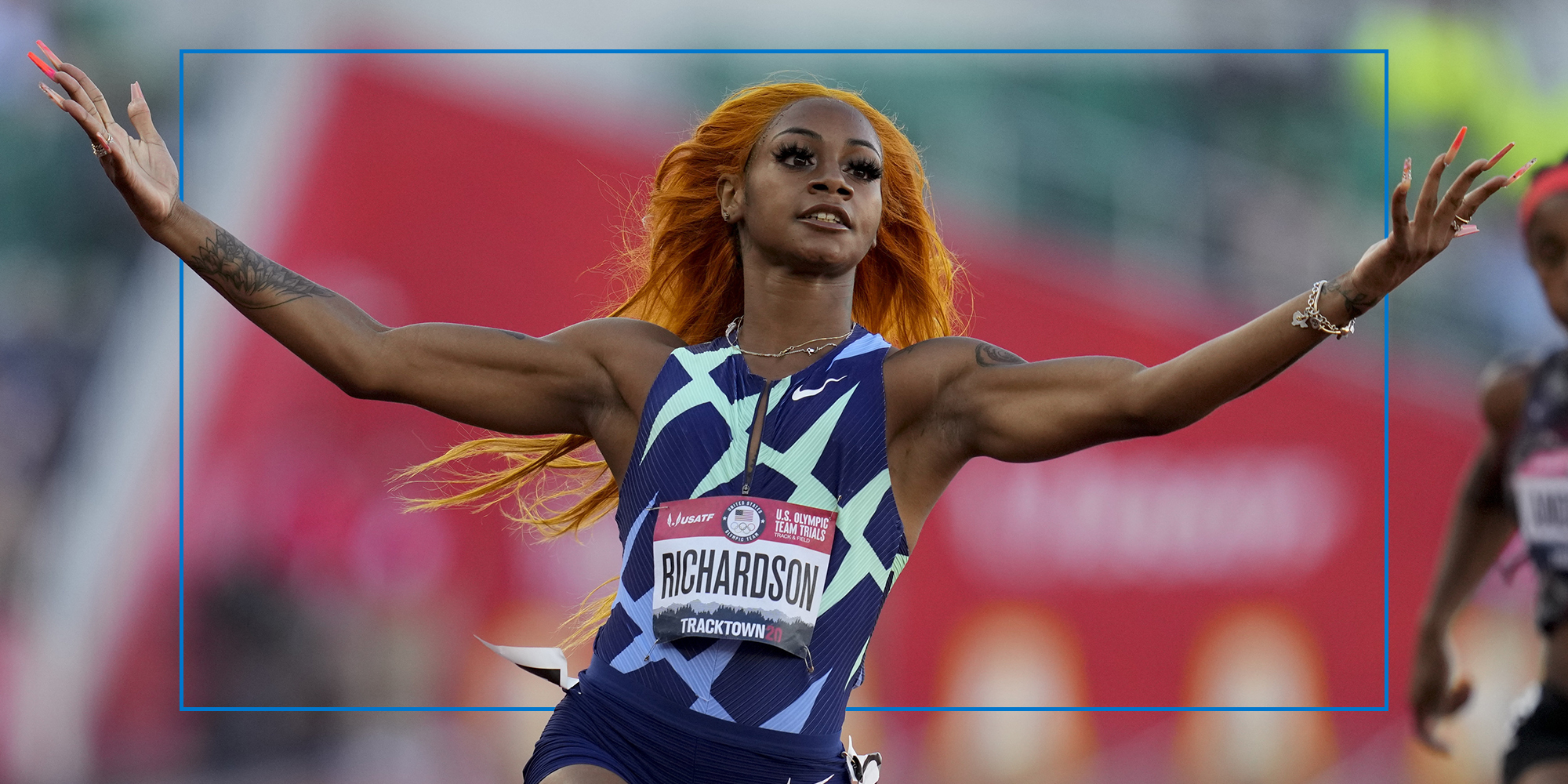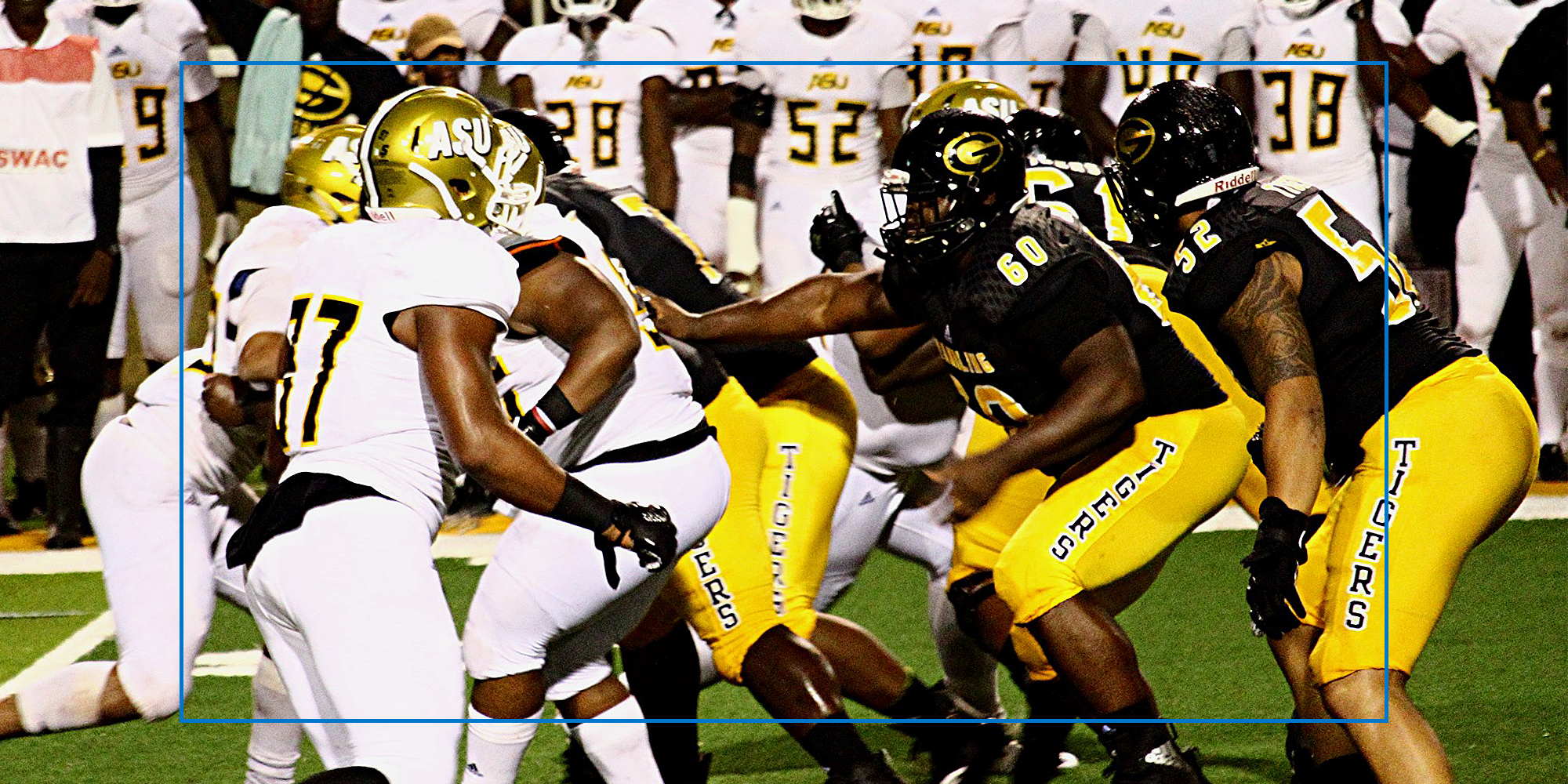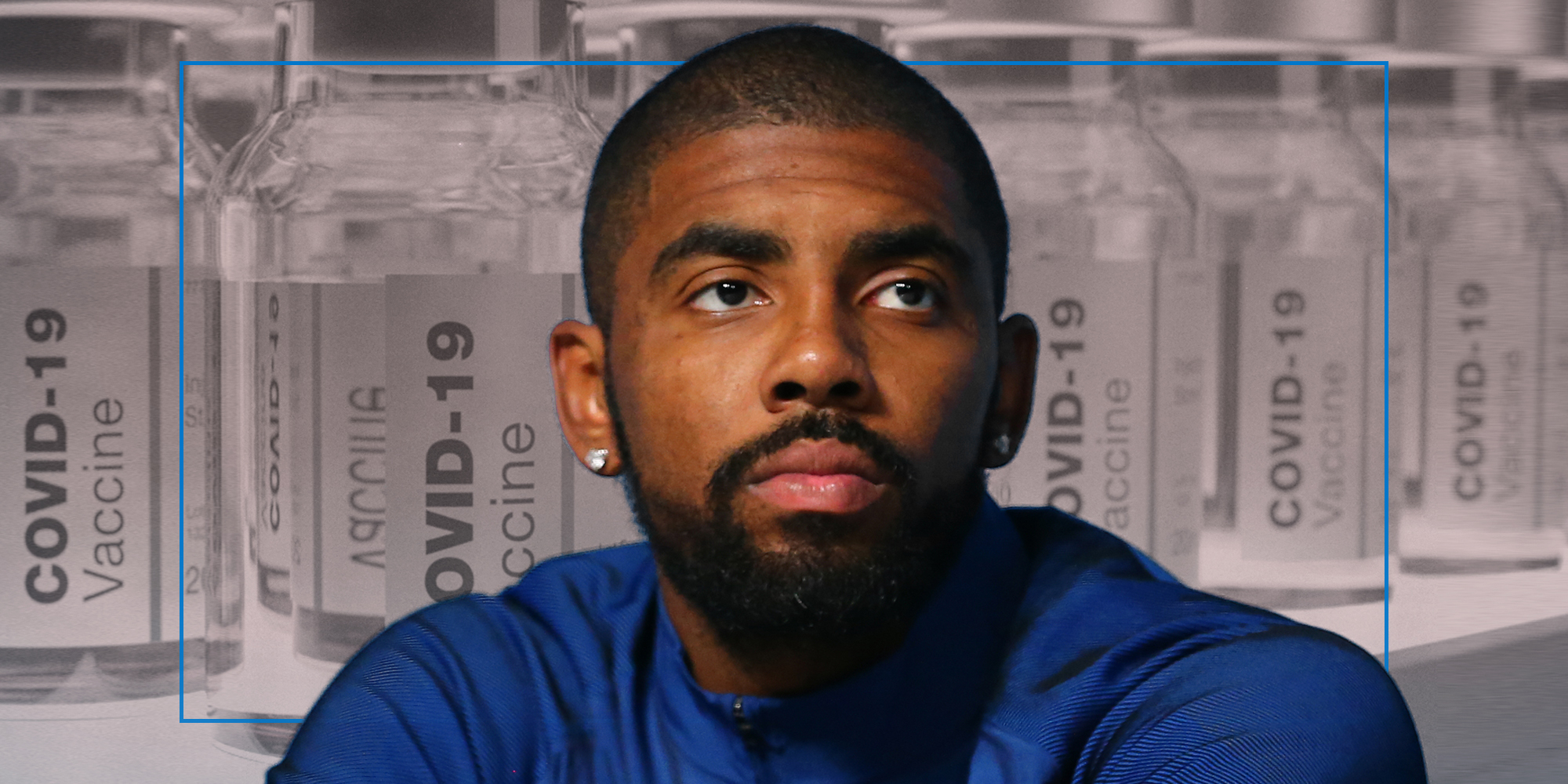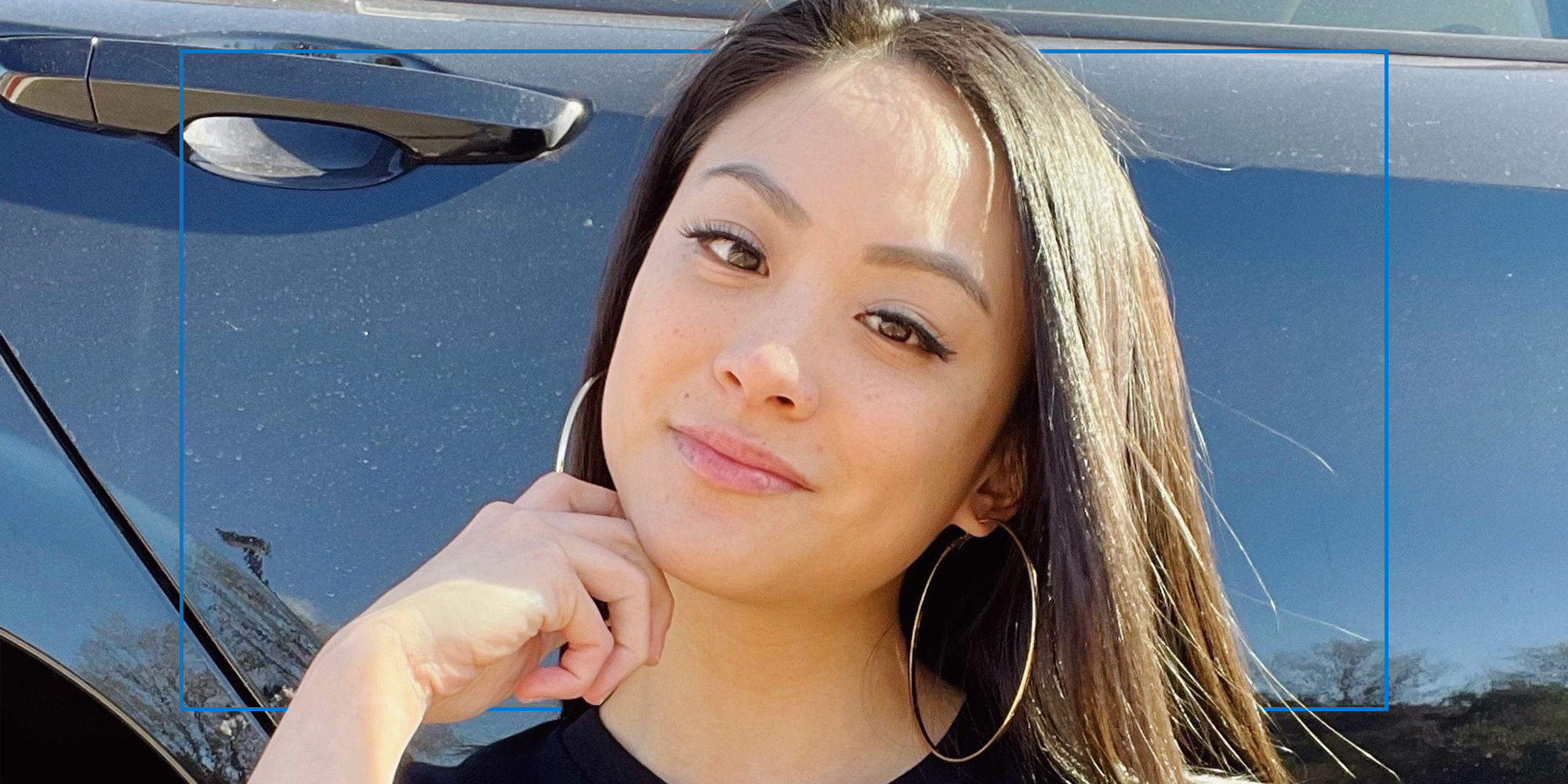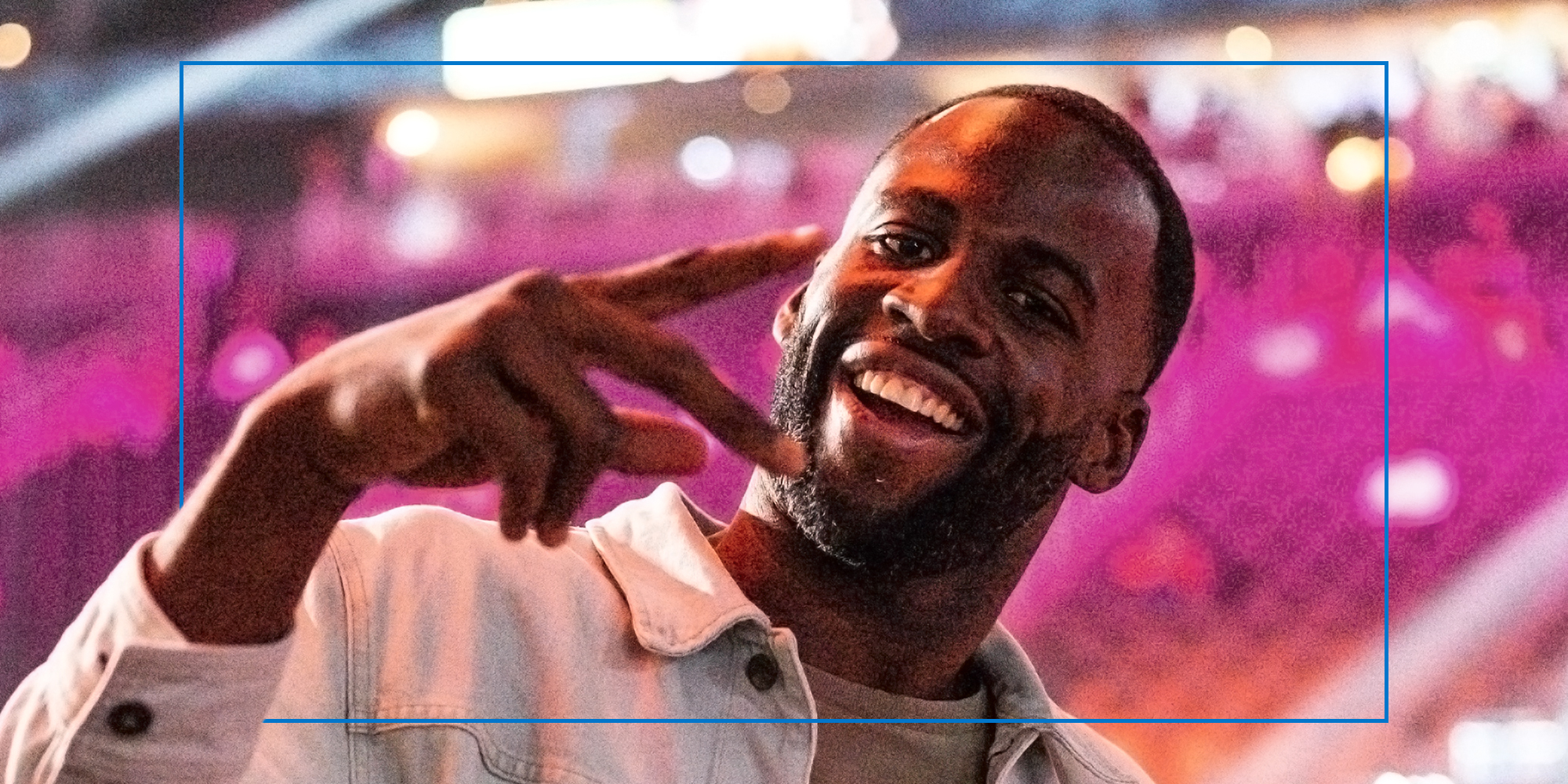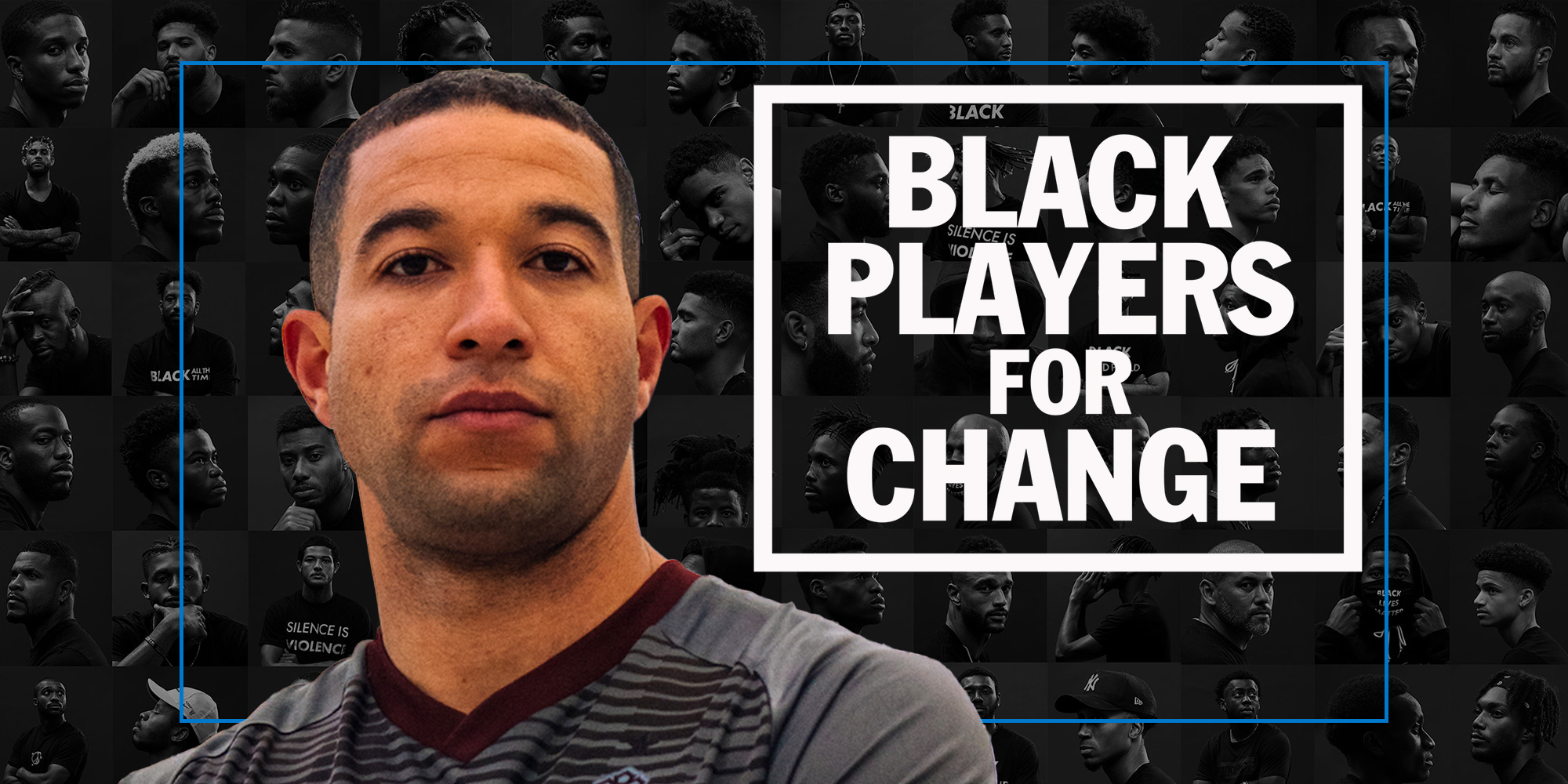Analysis
Brooklyn Nets All-Star point guard and contrarian-at-large Kyrie Irving recently forced us to collectively posit a couple of essential questions: What is a conspiracy, and what it is not? And how does one understand that they’re a prominent member of such a harmful one?
Though both the NBA and WNBA relied on prevailing science to work around the limitations and dangers of COVID-19, Rolling Stone writer Matt Sullivan recently found that the men’s association was working through a conundrum. Irving had (at that point) decided to decline to take any approved, vetted, safe COVID-19 vaccines. And just before Media Day, Sullivan wrote that 50-60 players scattered across the league had “yet to receive a single vaccine dose.”
Washington Wizards guard Bradley Beal, for example, declined the vaccine during his media session, citing “personal reasons.” He answered a question with a question: “I would ask the question to those who are getting vaccinated: ‘Why are you still getting COVID?’”
His question, of course, flies in the face of long-proved and understood science about vaccines. Reminder: While fantastic and worthy of every cent he’s being paid, and a generally smart guy, Beal is not a virologist or a trained scientist of any note. Thankfully, 95% of the league is vaccinated, which will go a long way in slowing the spread amongst NBA teams and all jobs associated with the league.
Phoenix Suns sharpshooter Devin Booker initially refused to say whether he’d been vaccinated after a recent positive COVID-19 diagnosis kept him out of training camp. In Sullivan’s story, religious Orlando Magic forward Jonathan Issac is passionately anti-vax, citing some curious admixture of Black history studies and Donald Trump speeches assisting his rationale.
According to the Rolling Stone report, the NBA’s proposed mandate for 100% vaccination was given the thumbs-down by several players during the annual summer meeting. According to players and a league executive on the virtual call, Sullivan reported that “one response echoed from squares across the screen: ‘Non-starter. Non-starter.’”
That player may or may not have been Irving; however, it has become reasonably clear that the former flat-earther isn’t a fan of vaccines. According to unnamed sources whom Sullivan interviewed, Irving could protest by skipping home games, citing a “moral” standpoint. It could cost him $380,000 per home game, or $15 million.
And as players found that they could be docked pay, it suddenly became a “personal decision” to get vaccinated in light of the bombshell report.
Separately, it’s possible the Nets’ front office already sees Irving as something of a headache, with his alleged controversial stances and previous absences from the team. Fox host Nick Wright recently reported that Irving’s representation intimated that the seven-time All-Star would retire should he be traded away. The high-scoring guard name-called Wright but didn’t refute the reporting, calling Wright a “puppet” on Twitter.
Irving didn’t exactly suggest a vaccine would be coursing through his veins any time soon either, telling the NBA press during press day: “Everything will be released at a due date once we get this cleared up. As of right now, please respect my privacy.”
The situation put the league and its well-liked commissioner Adam Silver in an unprecedented space.
“The NBA has positioned itself, particularly in the wake of last season and even perhaps the Silver regime as it is, as sensitive to the wants and needs of its predominately Black player base,” says Phillip L. Cunningham, associate professor of media studies at Wake Forest University. “On one hand, it’s a tough position because generally speaking, we need folks to be vaccinated for people to be in the stands and the like, and you can’t really make too many public exceptions to that without people starting to question and push back on that.
“We have to distinguish between what might be ‘anti-vaccine’ and ‘vaccine skepticism.’ I can’t say where Kyrie falls in all this, but to be sensitive to that, the NBA has to tread a fine line. You don’t want to be Adam Silver in charge of a league of Black men and saying, ‘Hey, I’m going to mandate that this happens,’ so I’m not totally insensitive to the position that he’s in.”
The backlash affected the now-vaccinated Andrew Wiggins. (He initially tried getting out of the vaccination rules by claiming a religious exemption, which the NBA subsequently denied.) With so much money at stake, surely this isn’t the hill to die on. Yet Irving’s public behavior continues to make him the face of sports’ troubling COVID-19 vaccine denialism. Here’s why.
The social media black hole
Vaccine suspicion amongst Black people is frankly well-founded in the chronic, racist medical mistreatment of the Black population. Black people, specifically, have been hurt by wild social media conspiracies, creating hesitancy in the population. This was most recently found with rapper Nicki Minaj, who claimed to know someone who contracted a syndrome leading to swollen testicles and impotence after taking a vaccine.
Various rappers and celebrities have come out against the vaccine, with no scientific rationale other than how they feel. The constant churn of social media makes it an ideal cauldron of misinformation to be spread and repeated exponentially, only boosted by celebrity followings. What’s most dangerous is the notion of celebrities like Nicki Minaj leveraging their fanbases to fool themselves and their fans into believing they are of the same intellectual and informational ilk as, say, a leading virologist.
“From the very beginning, Black people have been disproportionately impacted by the Covid pandemic,” wrote political author Keith Boykin on Twitter. “The last thing we need is influential Black artists discouraging Black people from protecting themselves.”
Yet there seems to be significant cognitive dissonance for athletes like Beal, Irving, Isaac, $200 million Nuggets forward Michael Porter Jr., and Wiggins. For example, short some unusual instances, sports-specific doctors are broadly trusted in various physical injuries and subsequent treatment. Many players are routinely given medicines that will have them running through walls, then eventually wreck their internal organs. Vaccinations had been given to them throughout the course of their lives, keeping them safe in the process. But somehow, the COVID-19 vaccine, developed in part by a Black woman, is suddenly a bridge too far. How is this possible?
Sullivan’s piece has two urgent findings to go along with the subsequent discovery of unvaccinated players.
First, Irving, Beal, and others were thought to have some asymmetrical leverage via the NBA’s more recent handling of COVID-19 protocols. Per the report, the league’s previous stances were relaxed: There was little effort to monitor unvaccinated players via off-day testing. Social distancing during travel was reportedly merely written-in as a “suggested” action.
“If you have star players who aren’t getting vaccinated, even if it’s just 10%, part of the 10%, that’s going to be a big disservice to the fans and how teams can maneuver throughout the year because you can’t trust them,” explains SNY anchor Chris Williamson. “If they stay with this stance, you can’t trust them the entire season and then the playoffs.”
Kareem Abdul-Jabbar, a devout Muslim and leading thinker, echoed many other voices calling for banning players for wildly irresponsible behavior: “There is no room for players who are willing to risk the health and lives of their teammates, the staff and the fans simply because they are unable to grasp the seriousness of the situation or do the necessary research.”
Sullivan’s most striking revelation, though, is the following passage: “Irving, who serves as a vice president on the executive committee of the players’ union, recently started following and liking Instagram posts from a conspiracy theorist who claims that ‘secret societies’ are implanting vaccines in a plot to connect Black people to a master computer for ‘a plan of Satan.’
“This Moderna microchip misinformation campaign has spread across multiple NBA locker rooms and group chats, according to several of the dozen-plus current players, Hall-of-Famers, league executives, arena workers, and virologists interviewed for this story over the past week.”
Man, what?
The Instagrammer, @amabassadorprincemichael, a Black man, has already taken to attacking Rolling Stone. However, it seems he should be angrier with the “players, Hall-of-Famers,” and so on for confirming the theory’s dissemination. (Irving followed and liked @ambassadorprincemichael’s posts but did not “like” any of the posts related to the supposed alien plot.)
There is a cruel and unusual irony in both the Instagrammer’s anger, theories, and separately Irving’s own penchant for conspiracy—all of which are born, cultivated, or fostered out of the use of social media. There appears to be an irregular picking-and-choosing between the clandestine collusion that they rally against and the actual “conspiracy” that they take a direct part in. If there is a conspiracy to control and marginalize the Black population, it would be baked into the very mediums they used to learn that the vaccine has a microchip.
Black people did not start nor own the principal social media platforms—Facebook, Instagram, or Twitter. Black people do not own any significant cell phone or internet service providers, which pull billions of gigabytes of data for people daily—data managed and sold by white-run corporations and used by federal governments worldwide to track the minute details of citizens. Like any other person, Irving totes his cell phone, an all-powerful microcomputer.
So could someone notify him and others that they pay monthly directly into their so-called conspiracy, which regularly rests in their pockets, Louis Vuitton bags, but also inside their precious gaming systems, their social media accounts, and inside the “black boxes” of their European foreign cars? Neither he nor the other players appear to be willing to forego their participation in these, their collusive activities.
Irving, to be fair, has been a staunch activist of human rights and a well-noted philanthropist. I mean, he bought George Floyd’s family a home. But his, other players’, and numerous celebrities’ stances on this specific item, COVID-19 vaccination, are ill-considered. And the idea that they cannot be criticized, Jay Williams noted in his recent impassioned Instagram video, is faulty. These are well-resourced men; the idea that they be treated with kid gloves in an ongoing global pandemic on the basis of “not knowing” is outrageous.
The suspicious NBA players like Irving are having it both ways by separating modes and mediums and the messages. For example, Beal confused the reality of breakthrough cases.
To the extreme, @amabassadorprincemichael says the “aliens” are pushing the COVID-19 “scamdemic,” while he uses a visual platform (Instagram) and internet controlled by the “aliens” on a cell phone designed and sold by them. Irving has over 15 million followers on the same platform and internet, by the way.
“Let’s be frank, we have so little institutional trust in anything right now as a nation, and so, it’s easy to be skeptical about everything,” says Cunningham. “Here’s a guy [Irving] who’s distrustful of mainstream media, for a while, was willing to accept that the Earth was flat. Skepticism is his brand. I don’t necessarily dislike people being skeptical. But I think one thing that happens in an environment where you don’t have any institutional trust is that skepticism ultimately leads to a lack of discernment about what sources tell you the truth and what’s not. I think that seems to be [Irving’s] problem.
“He’s, on the one hand, inherently skeptical; but also not quite savvy enough to determine who’s telling him even a modicum of the truth.”
In other words, Irving, Beal, and others, for better or worse, represent a larger swath of America than just disillusioned Black men looking for ends, even if conspiratorial, to the terribleness they’ve suffered.
See more stories from Presser – examining the intersection of race and sports online.

